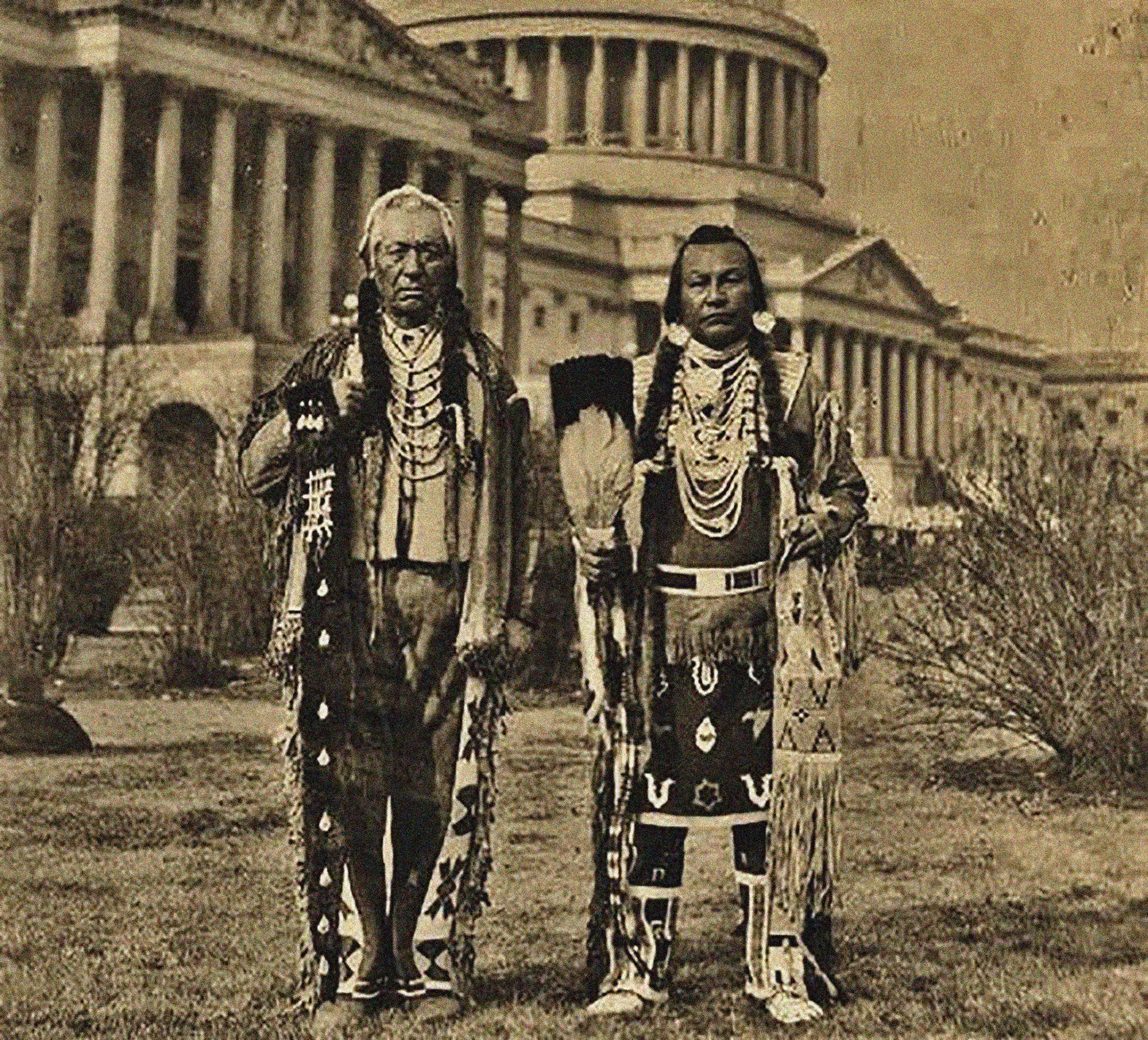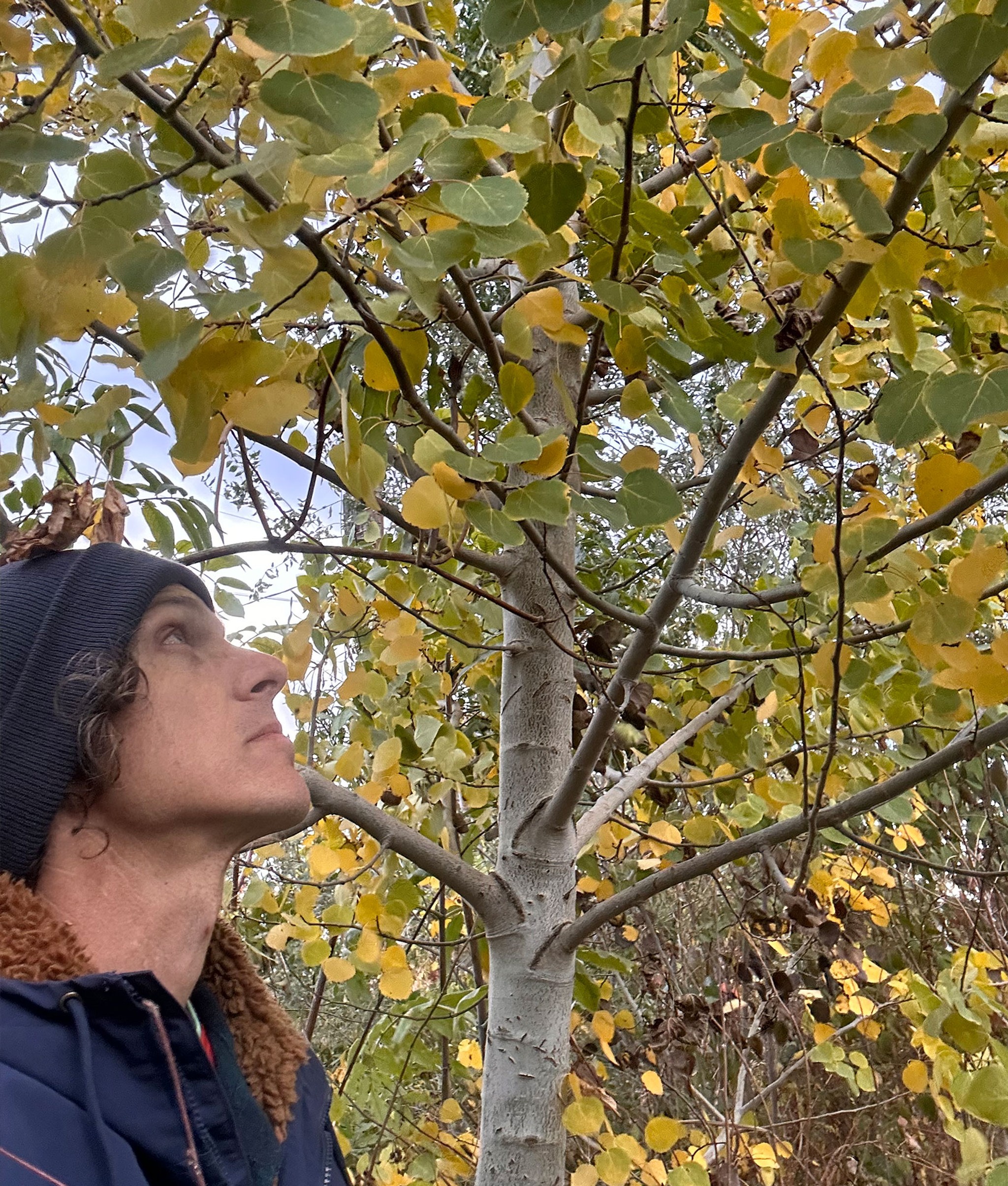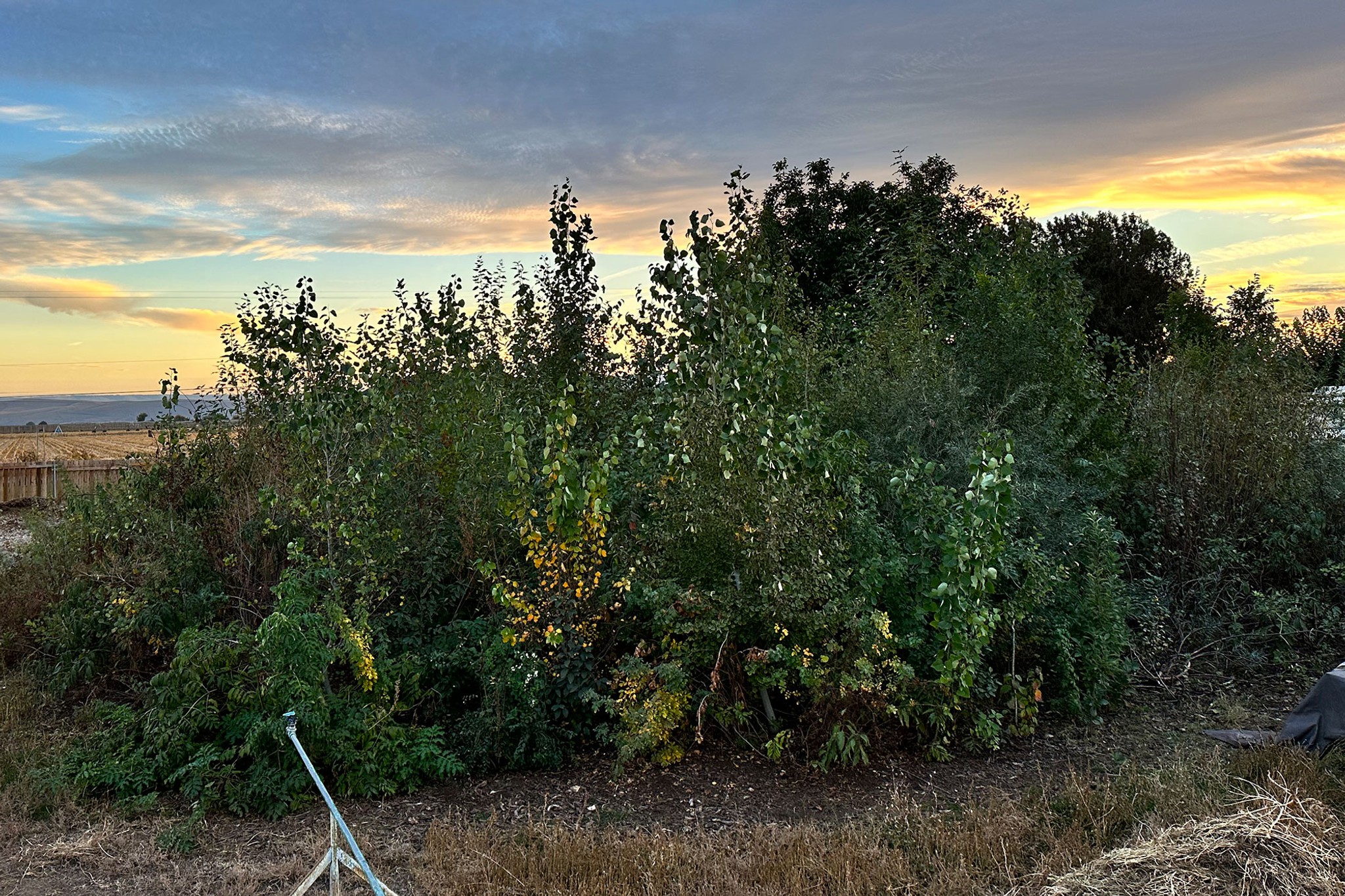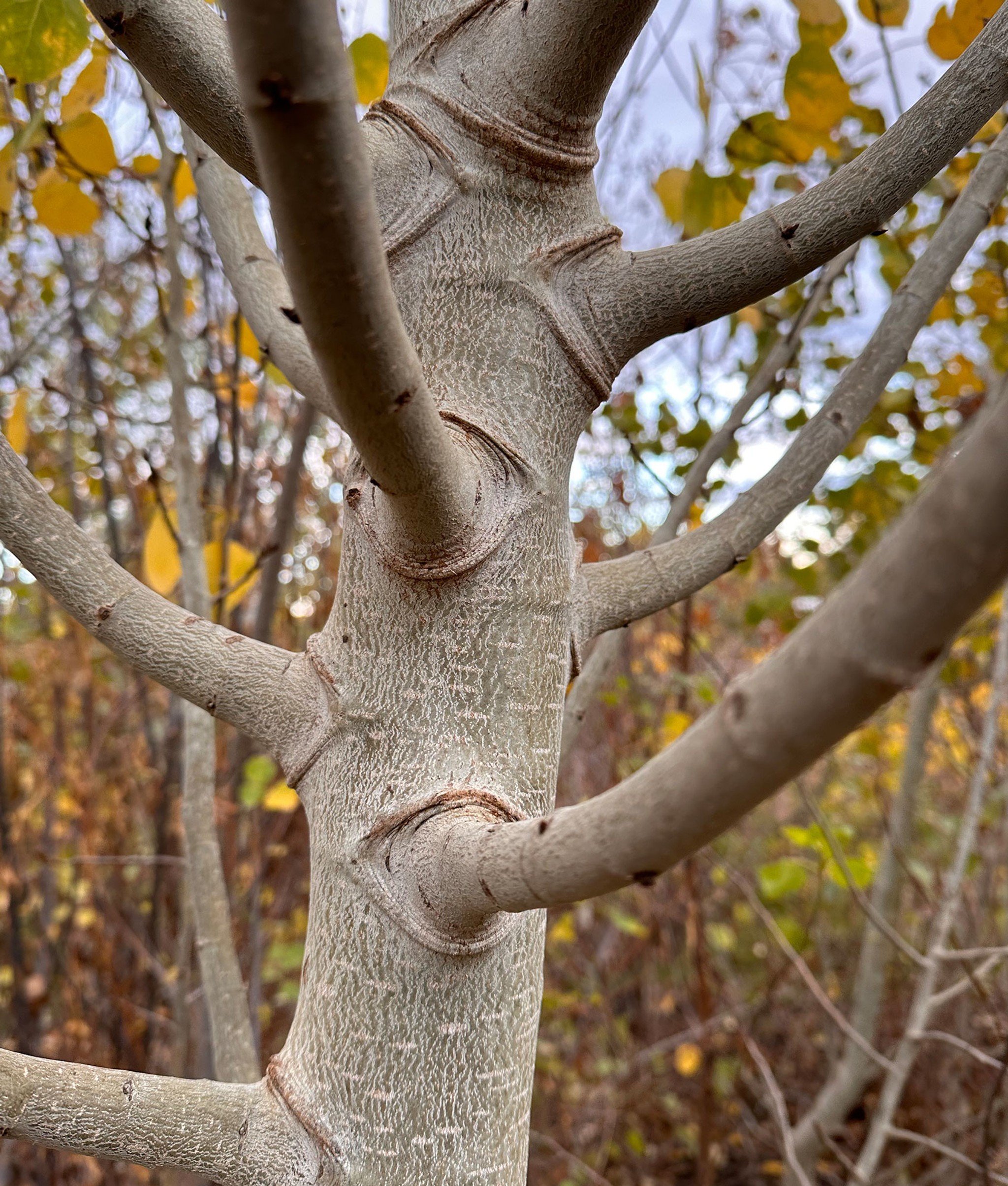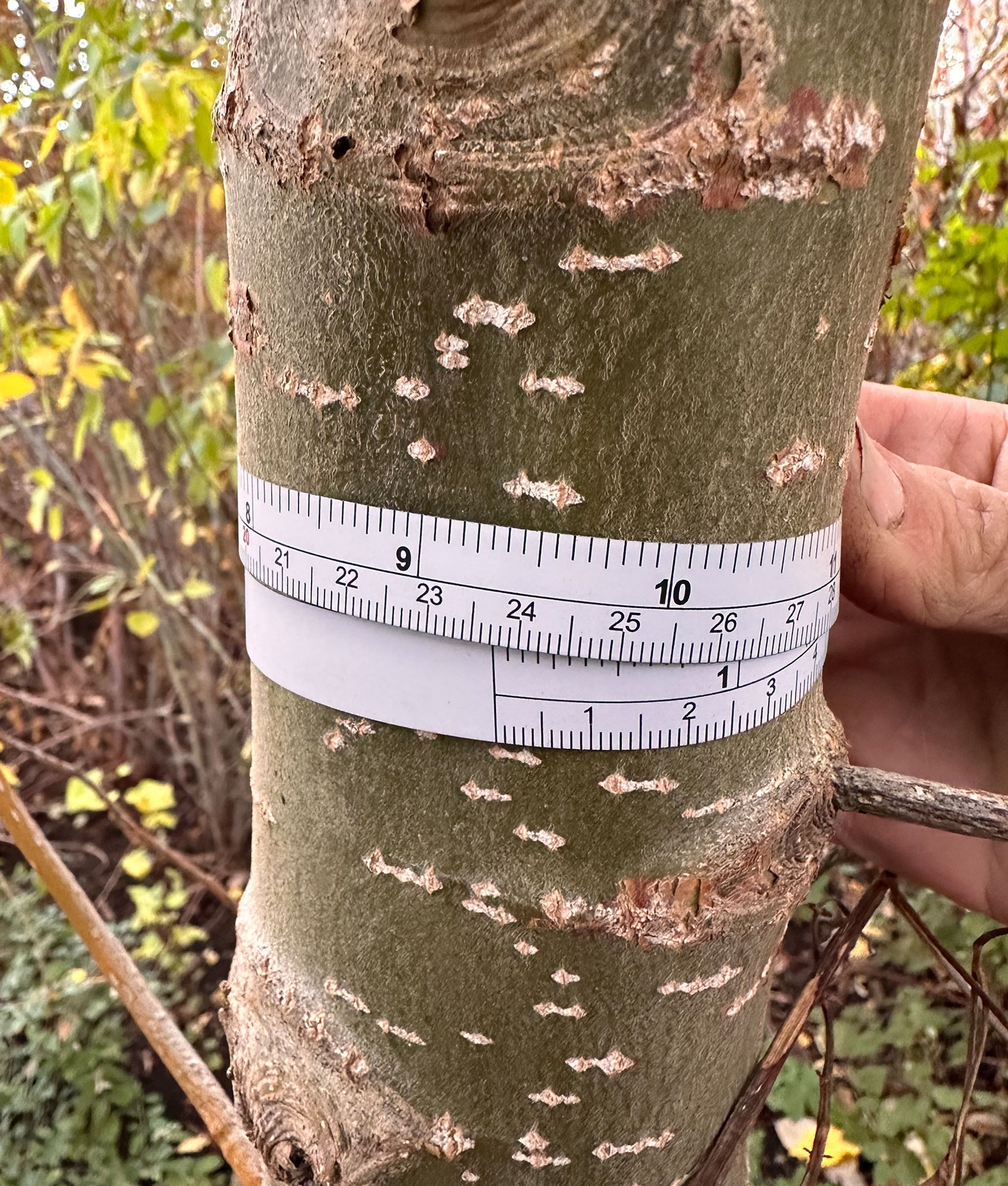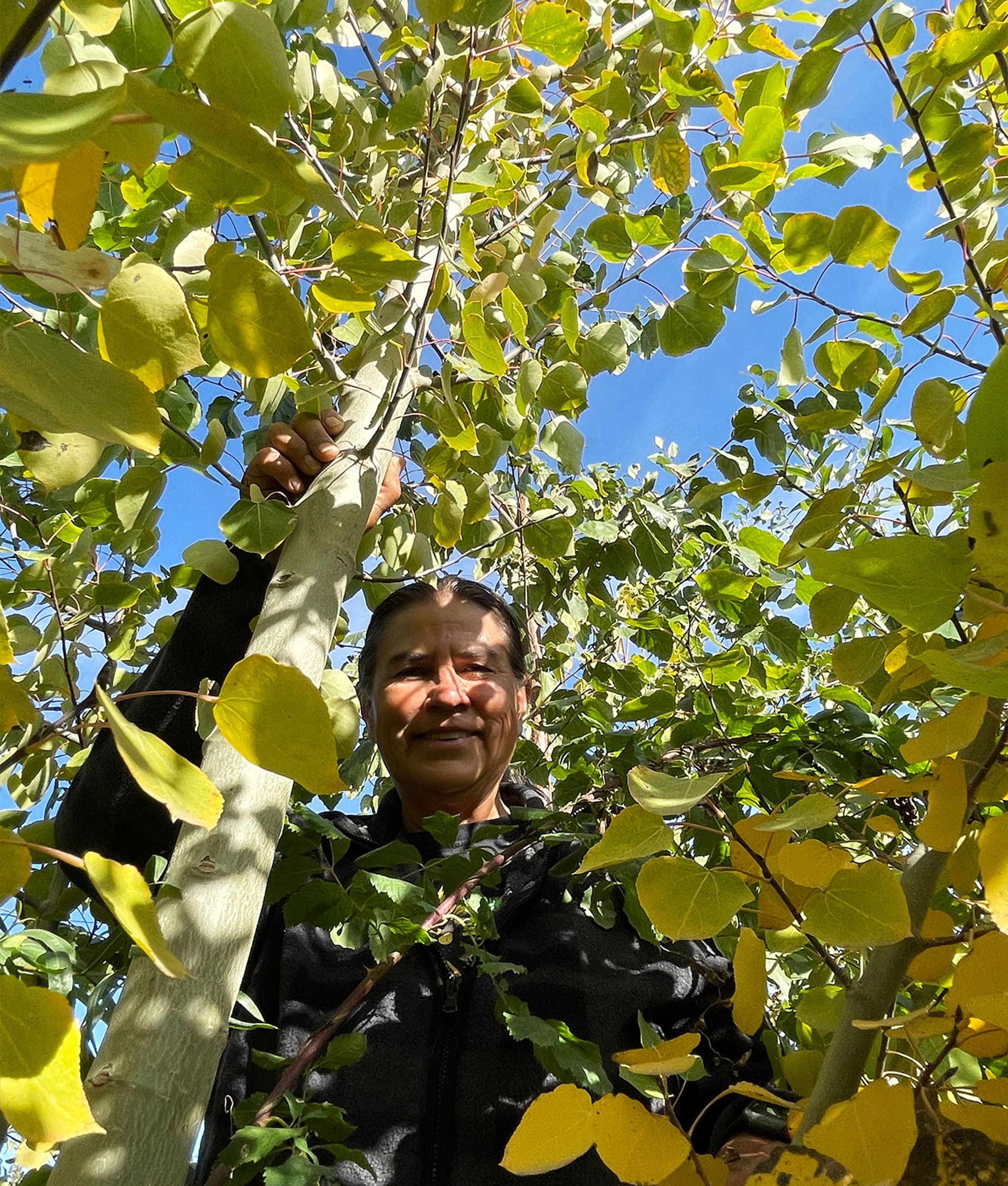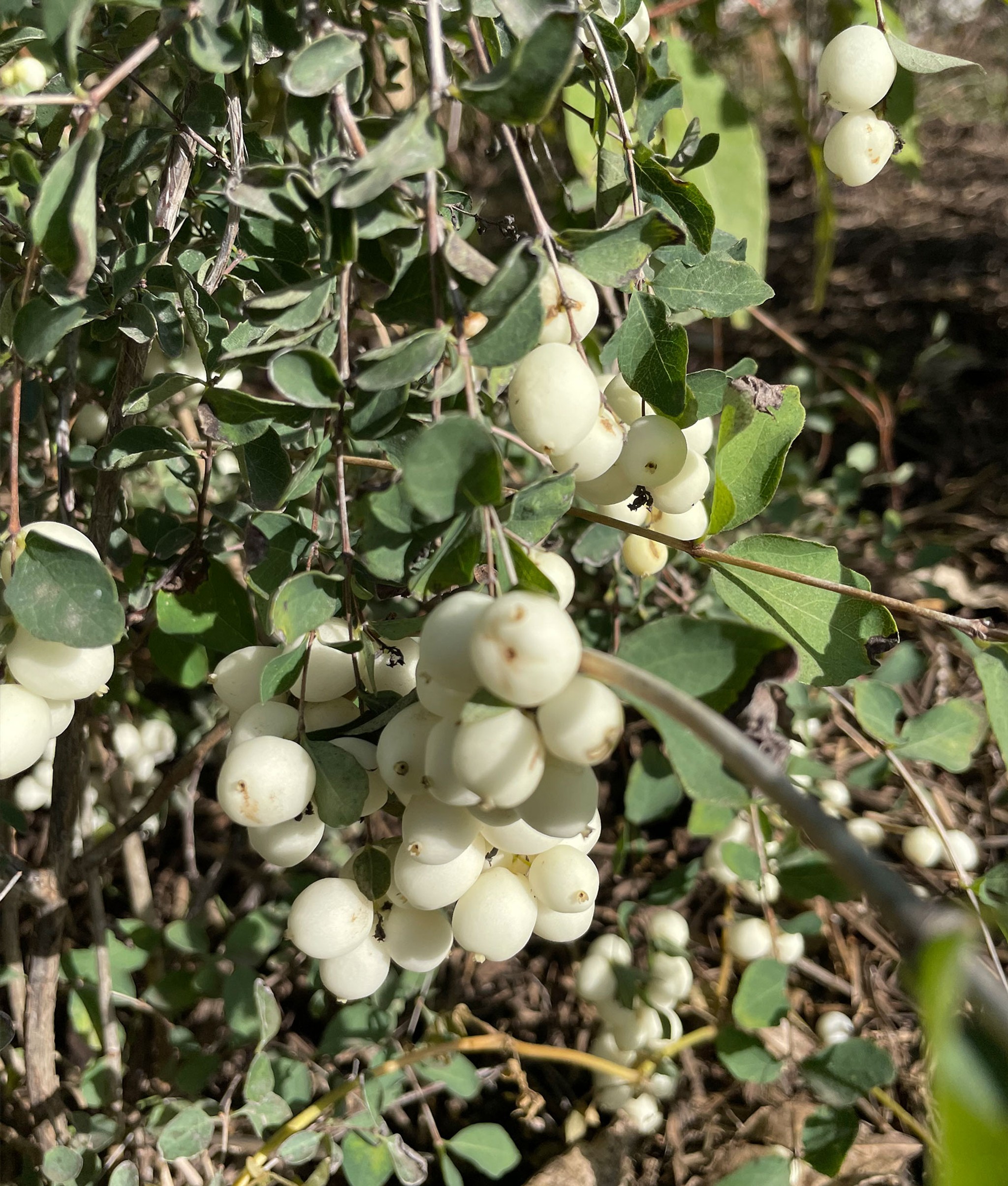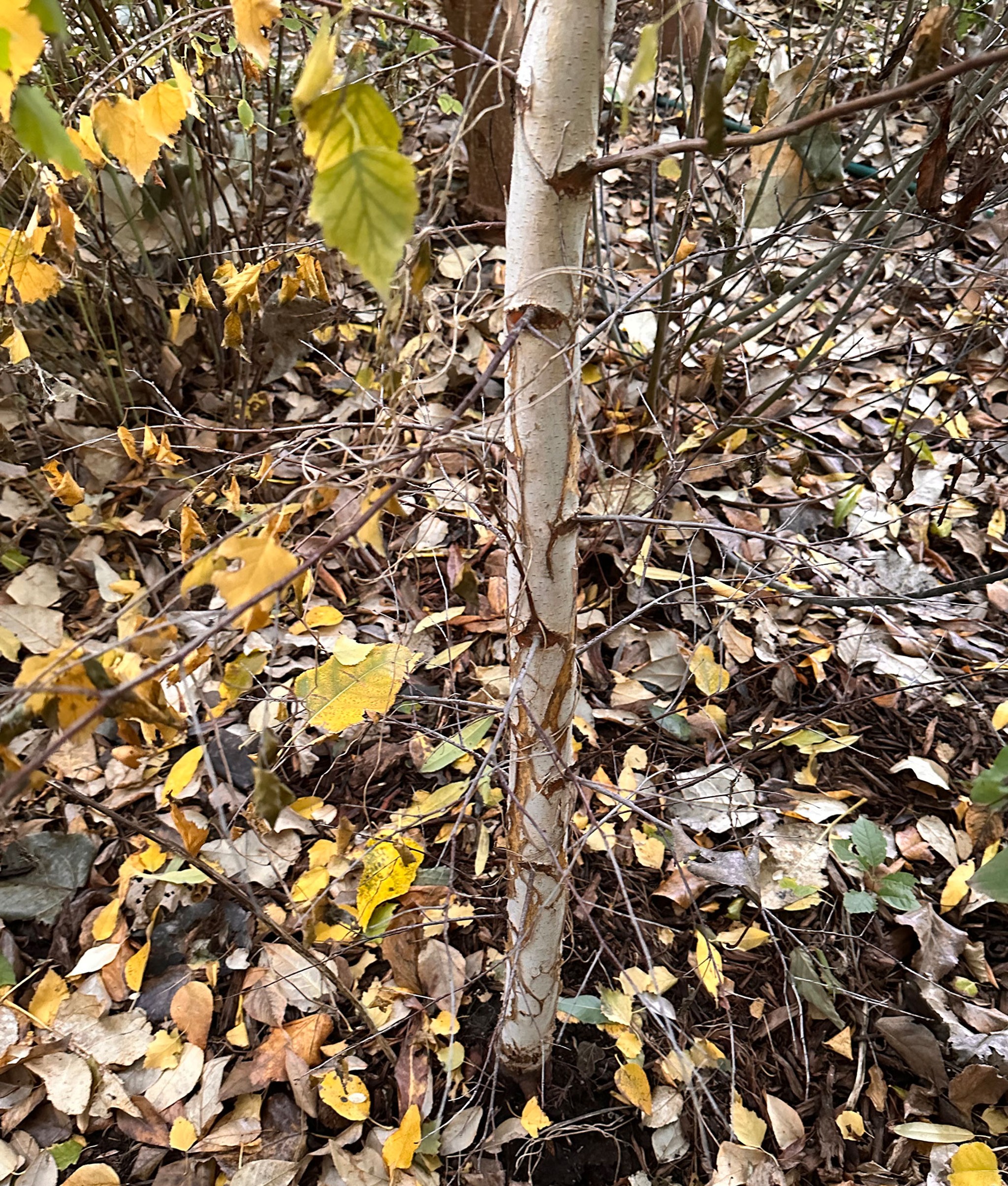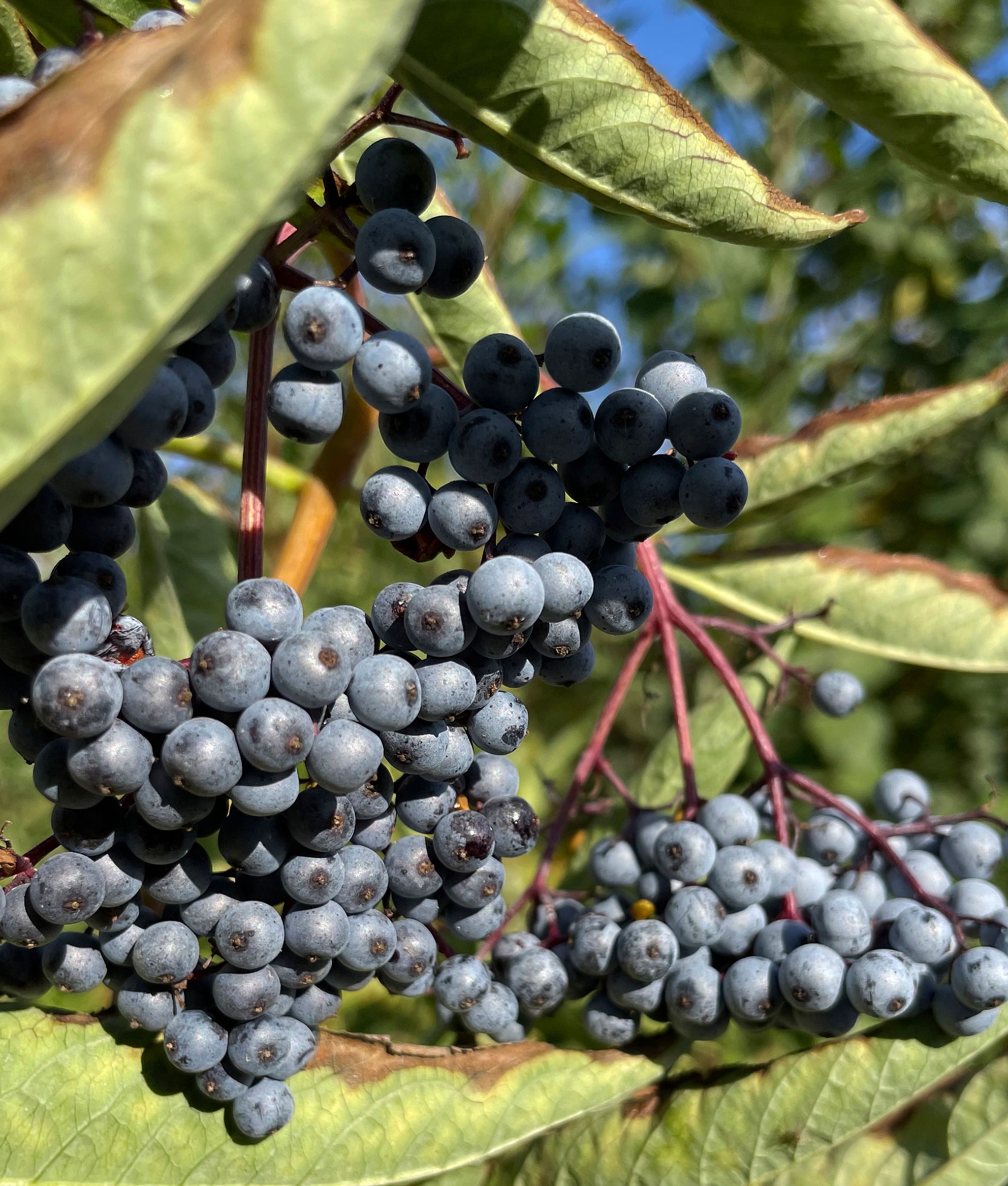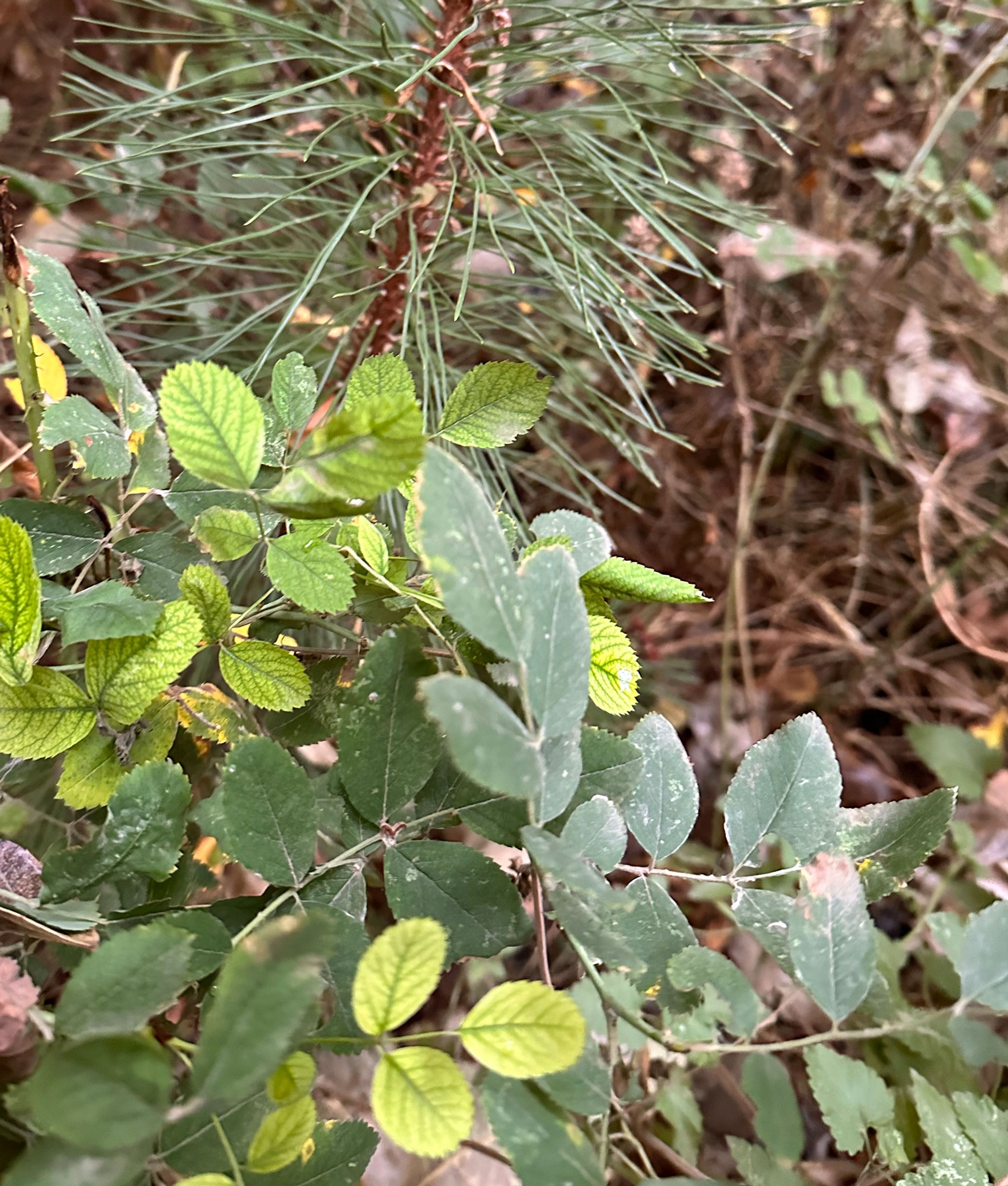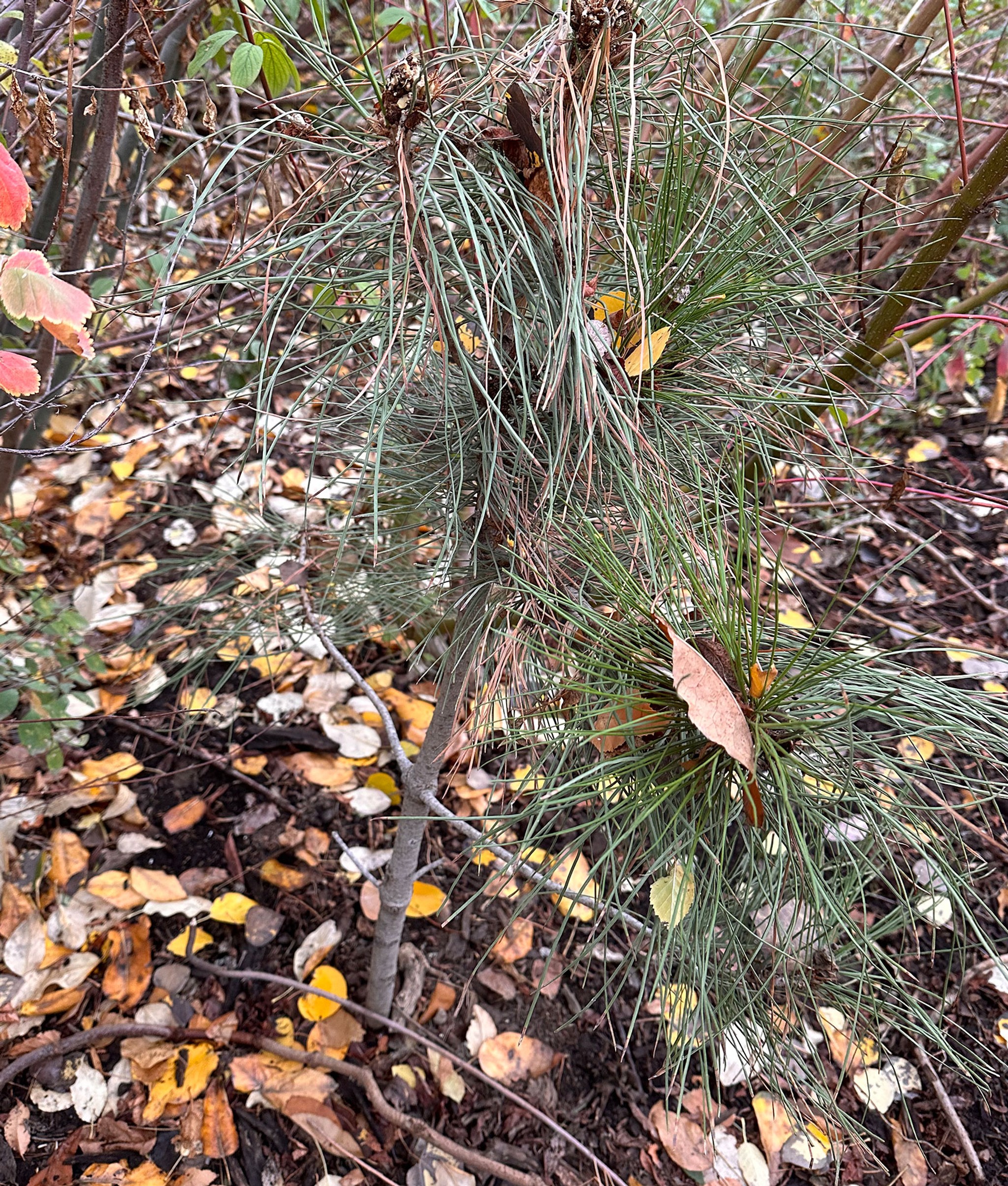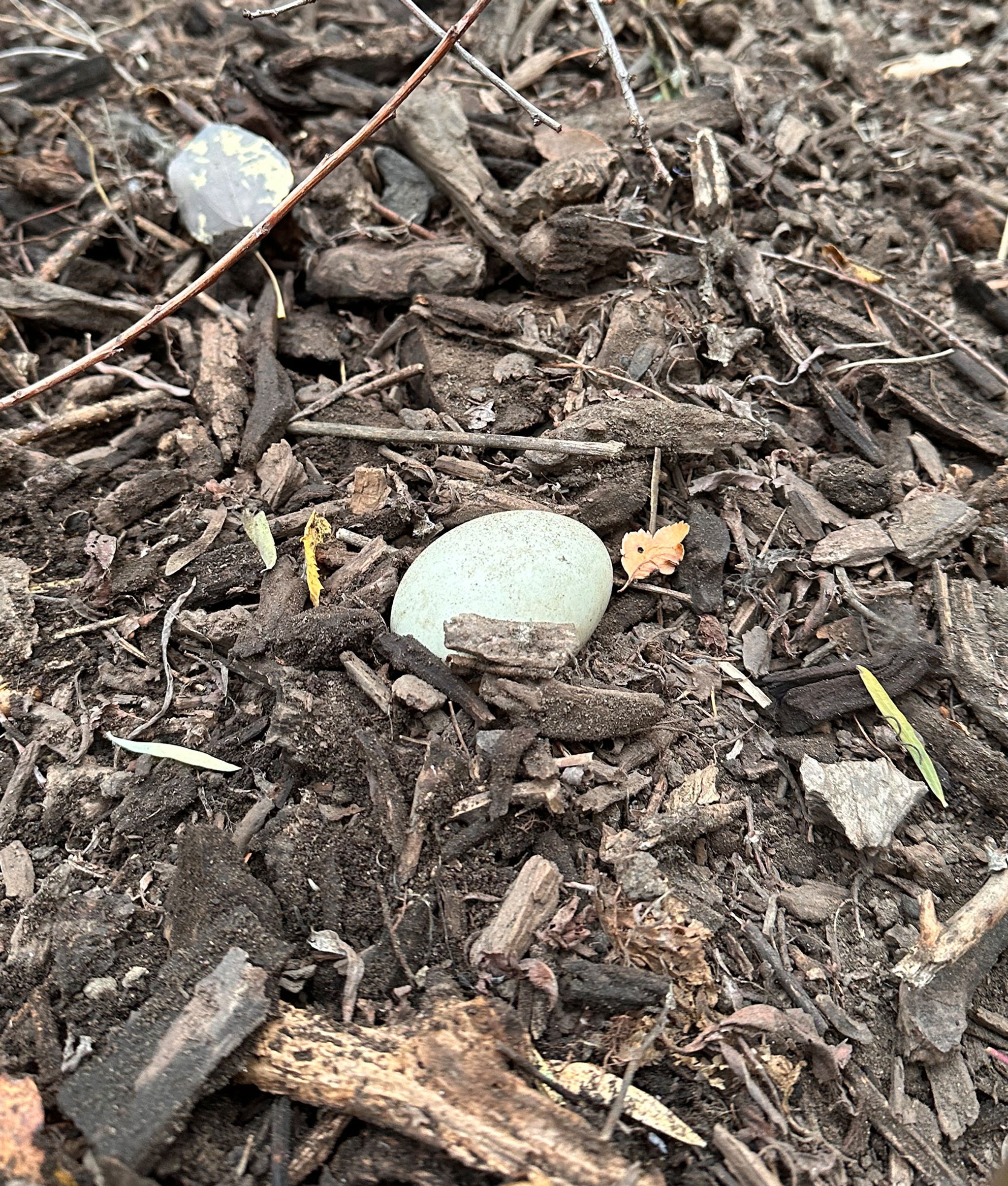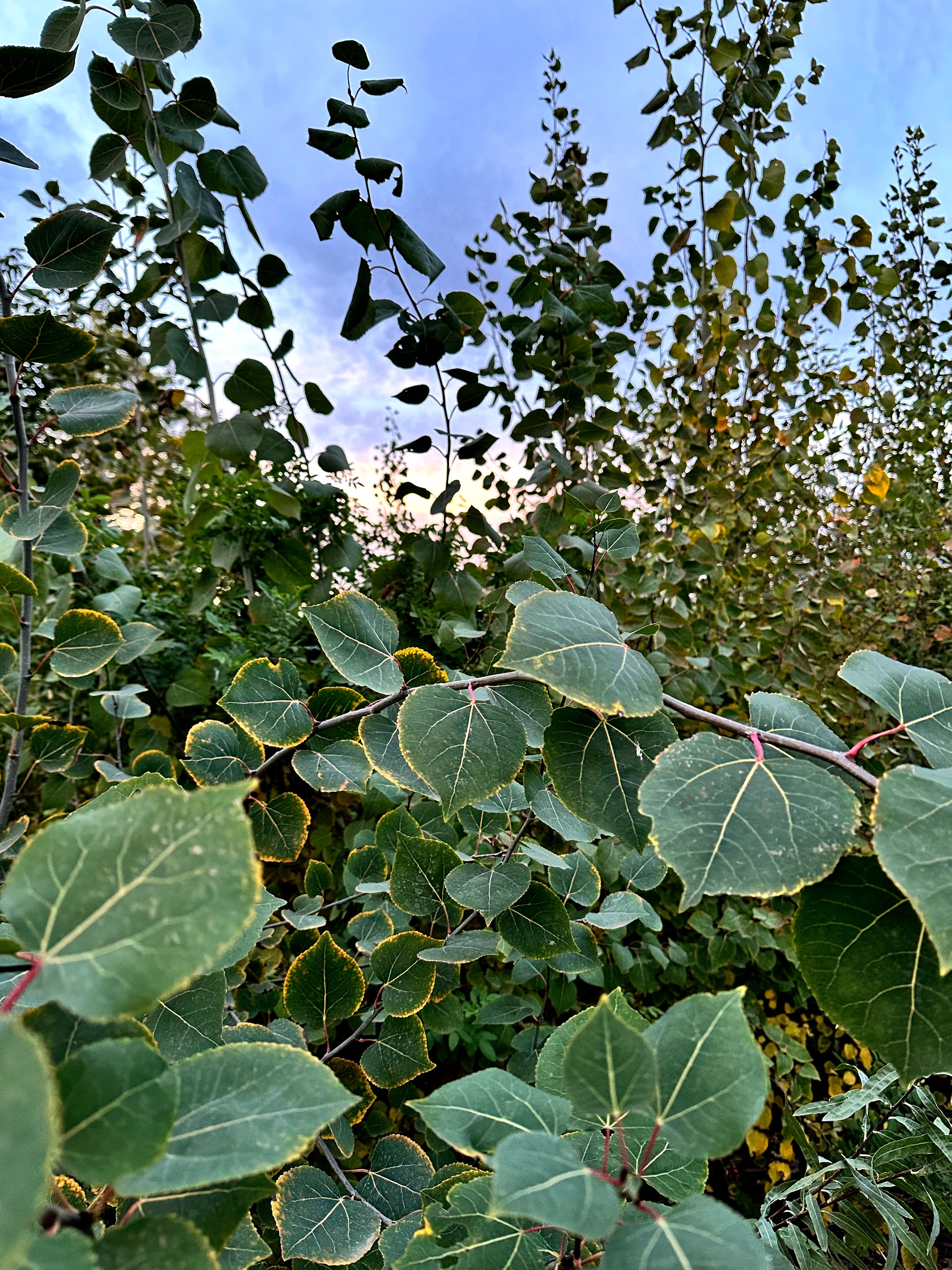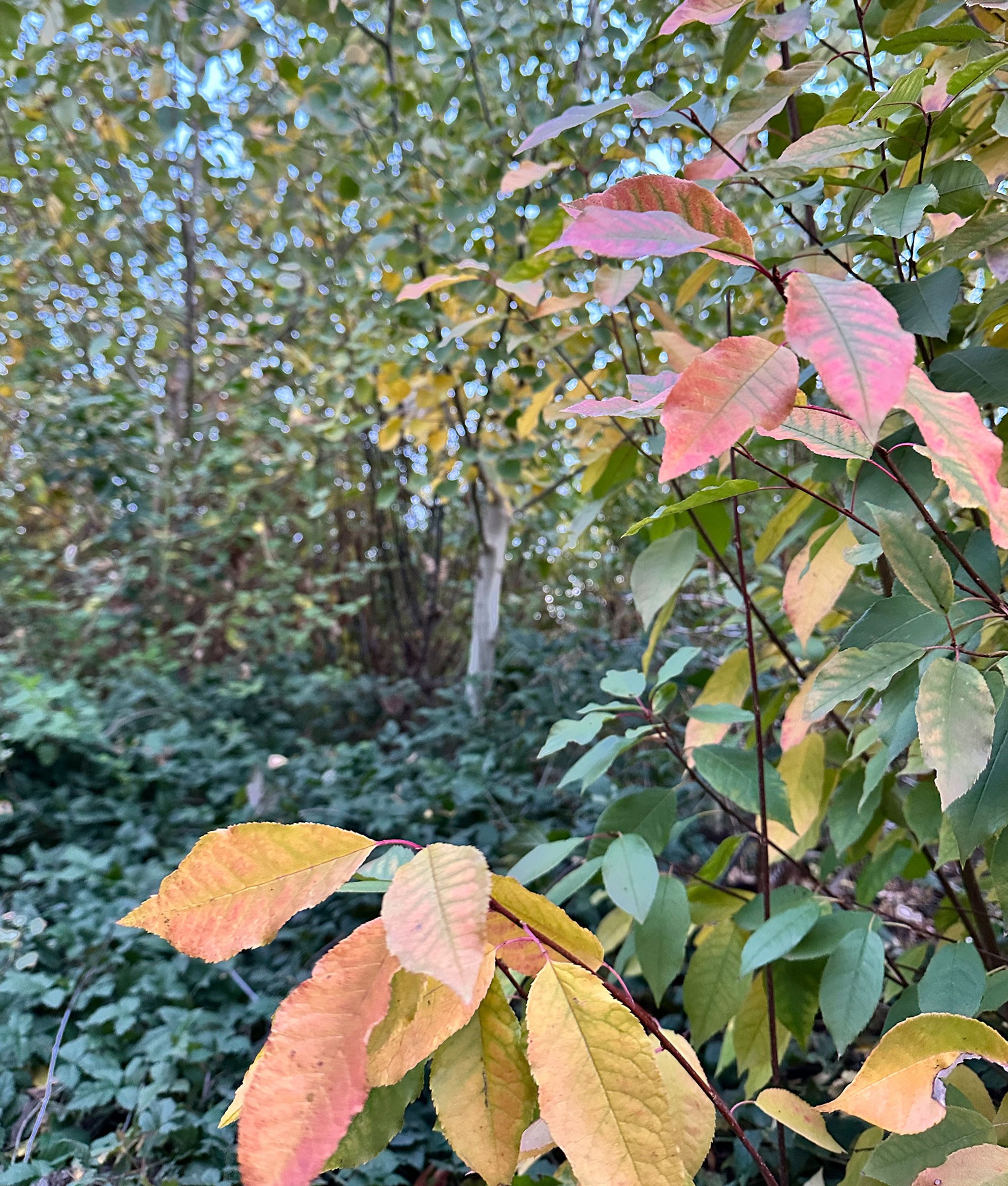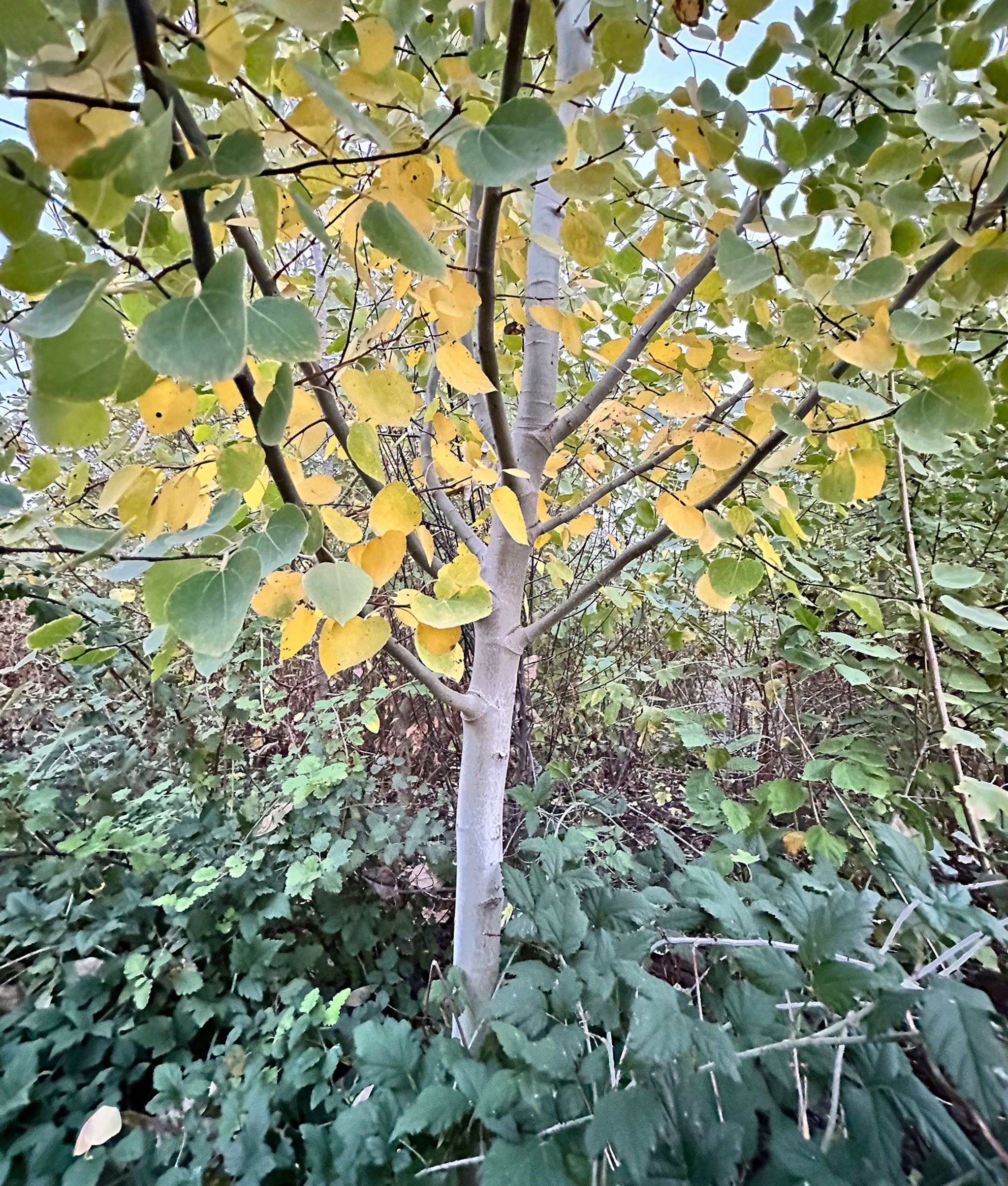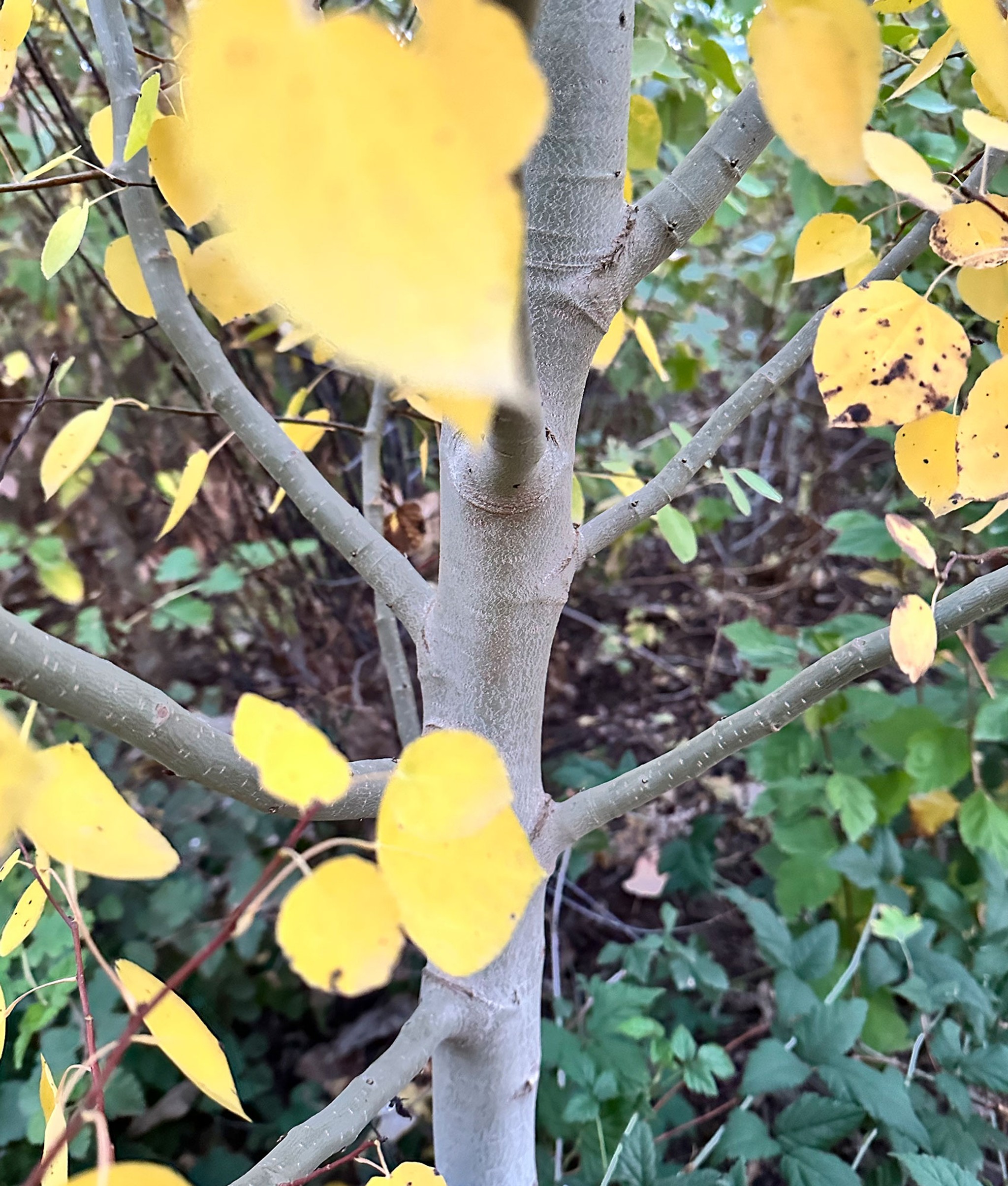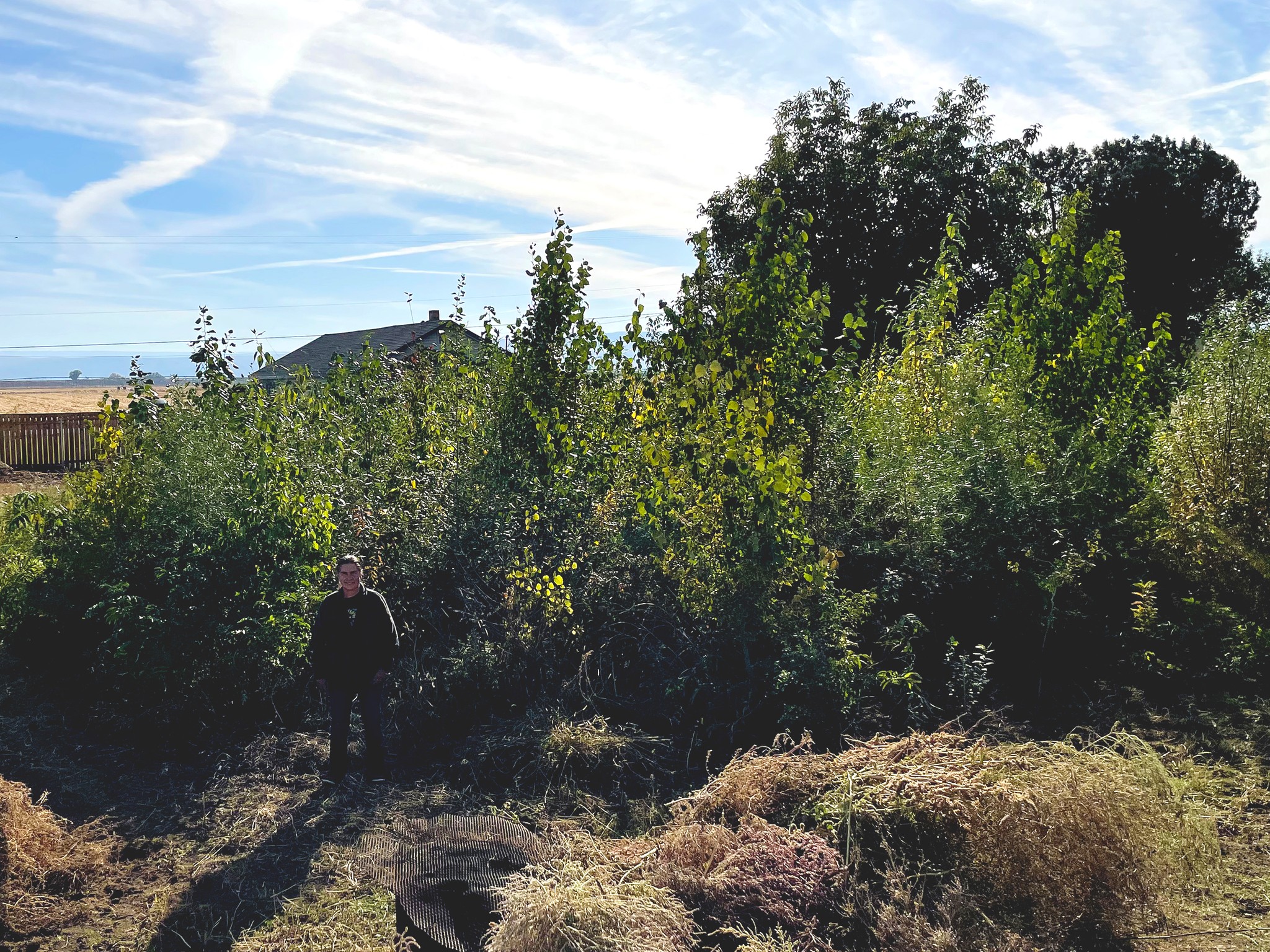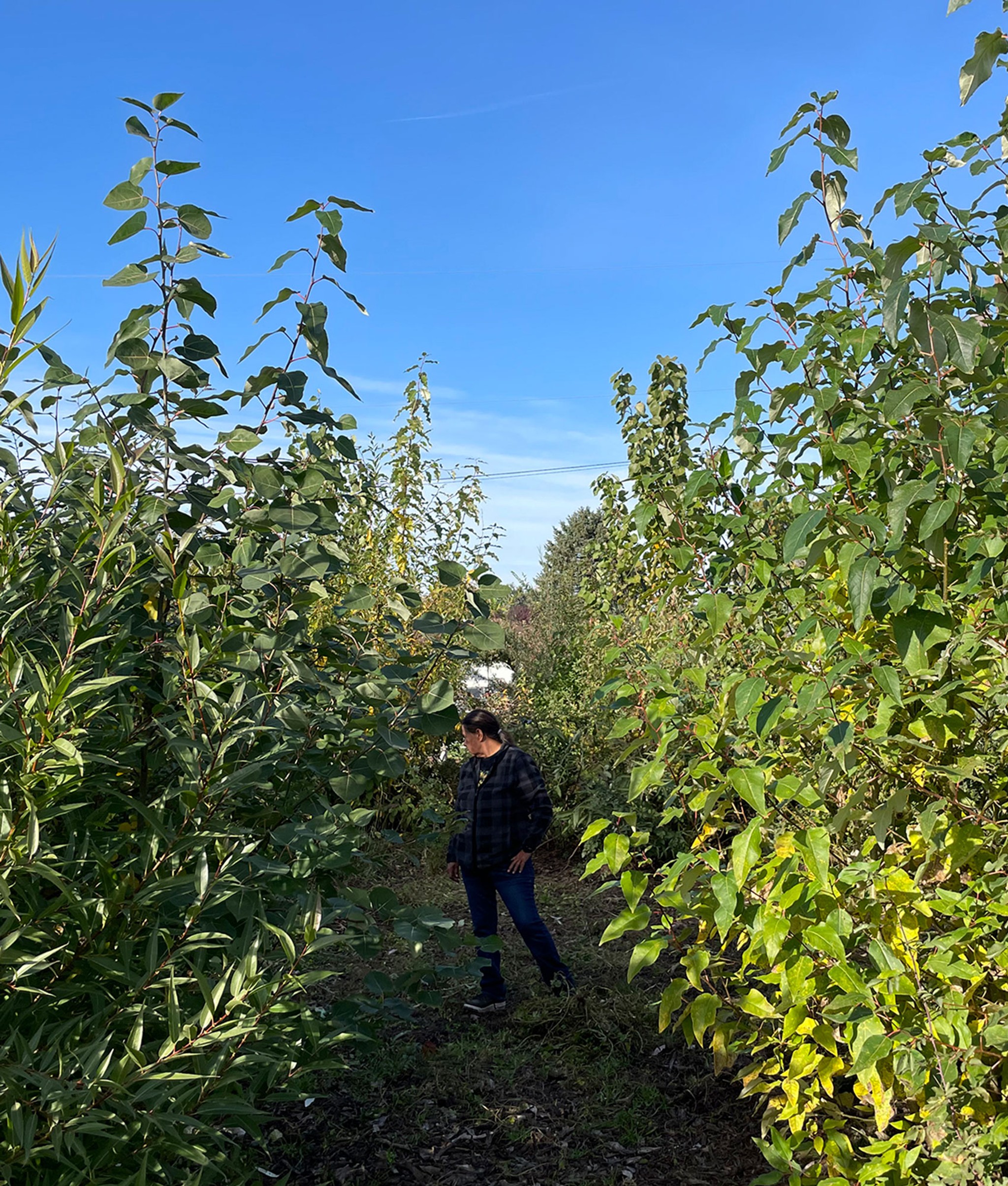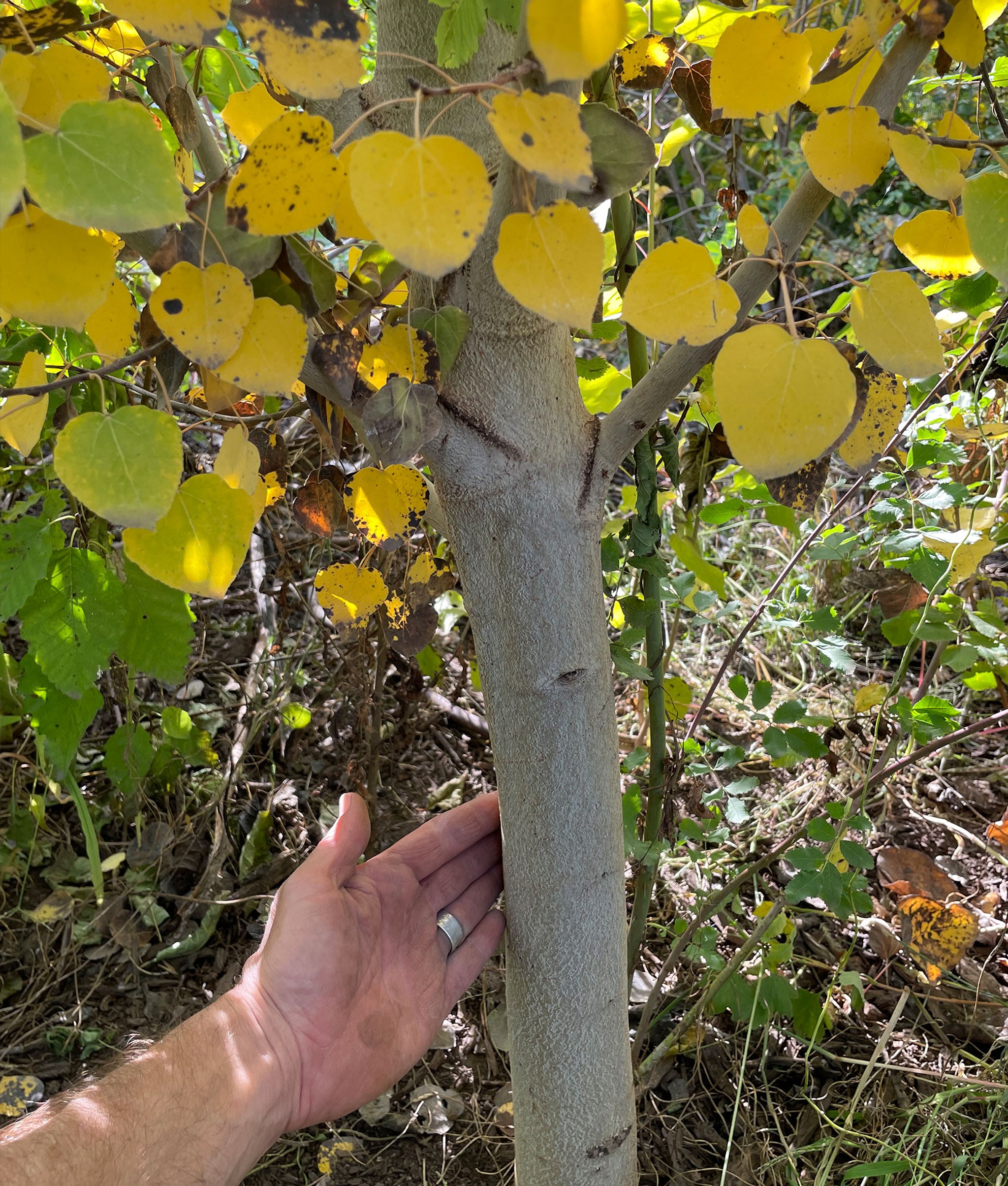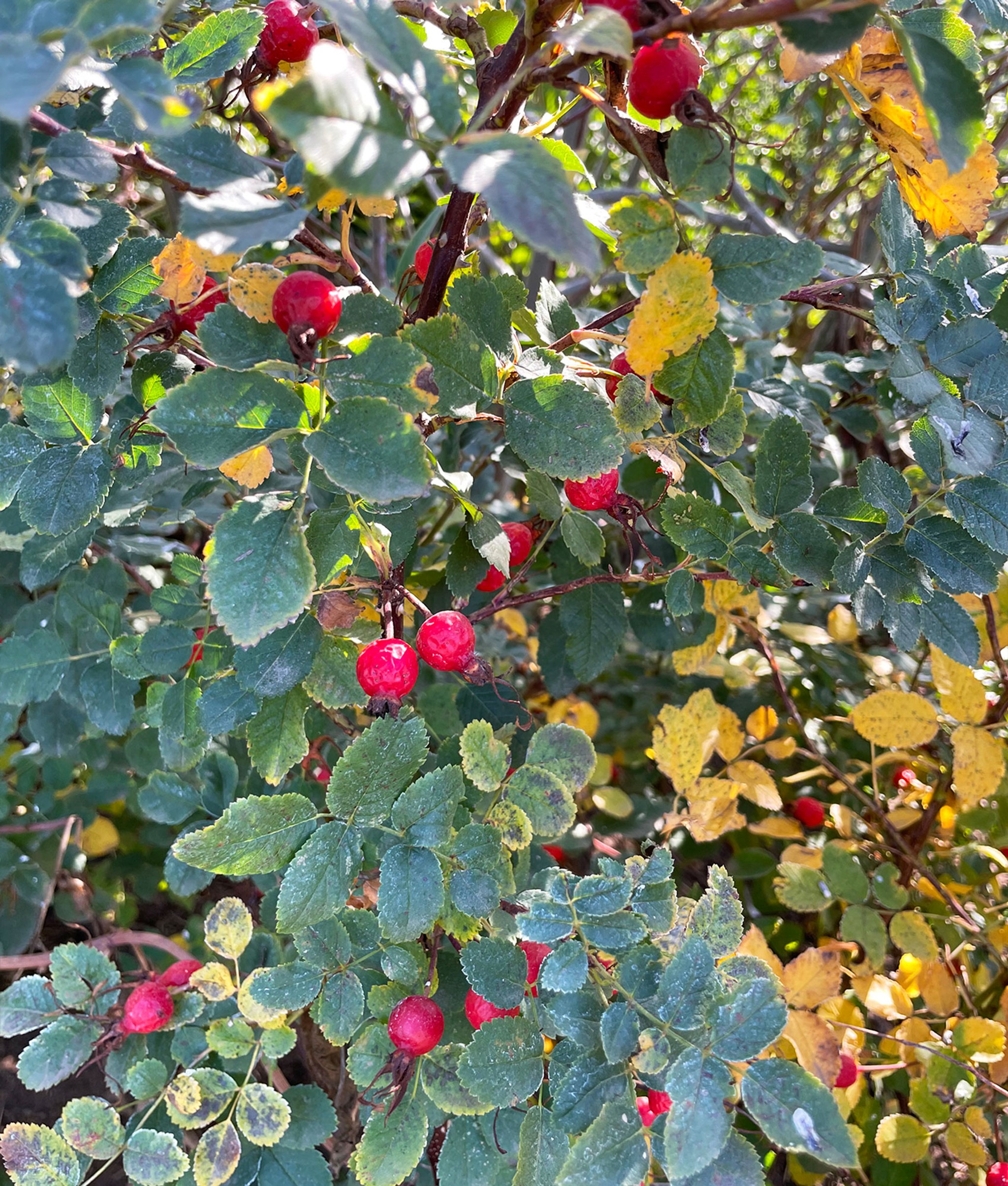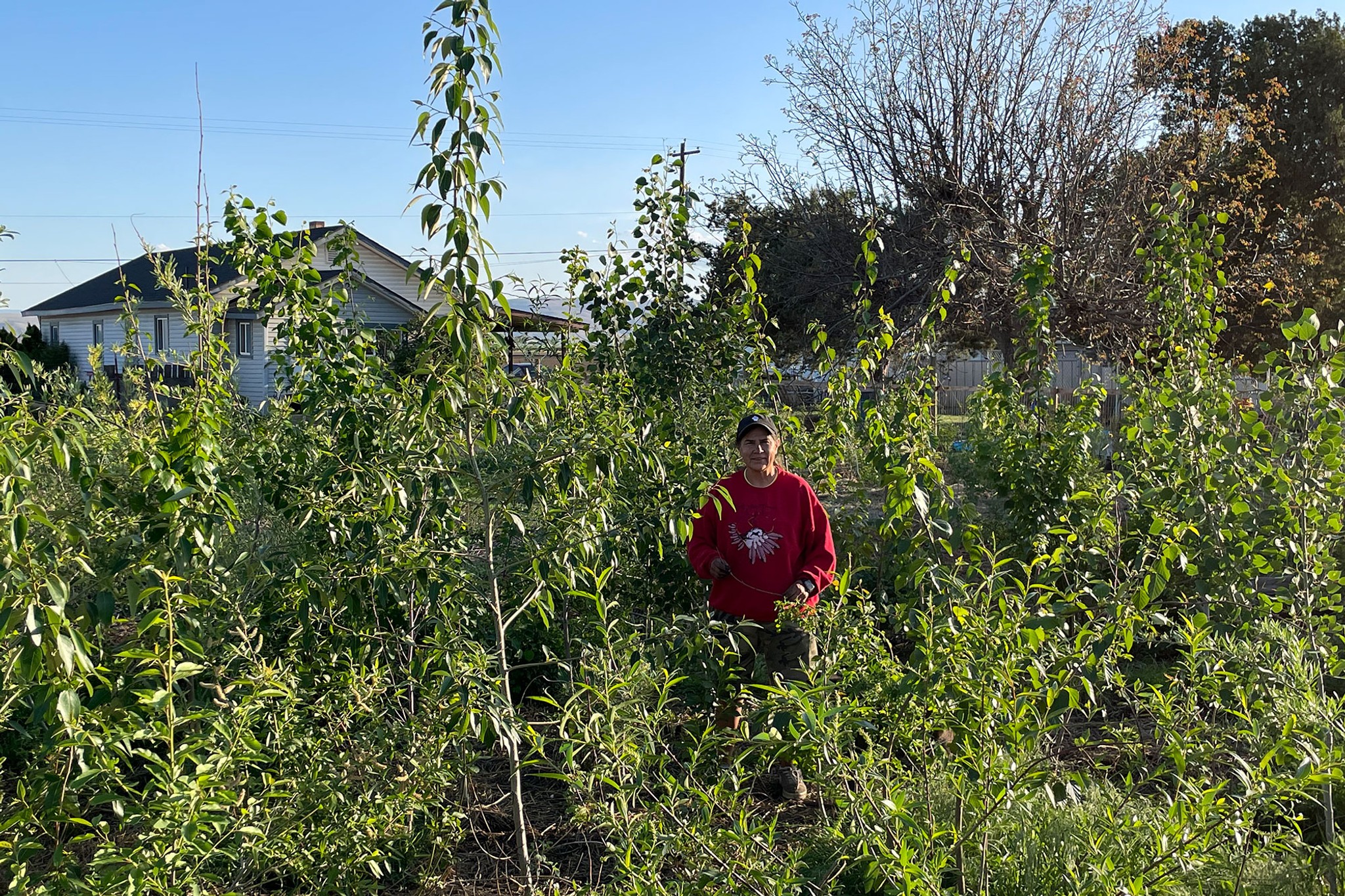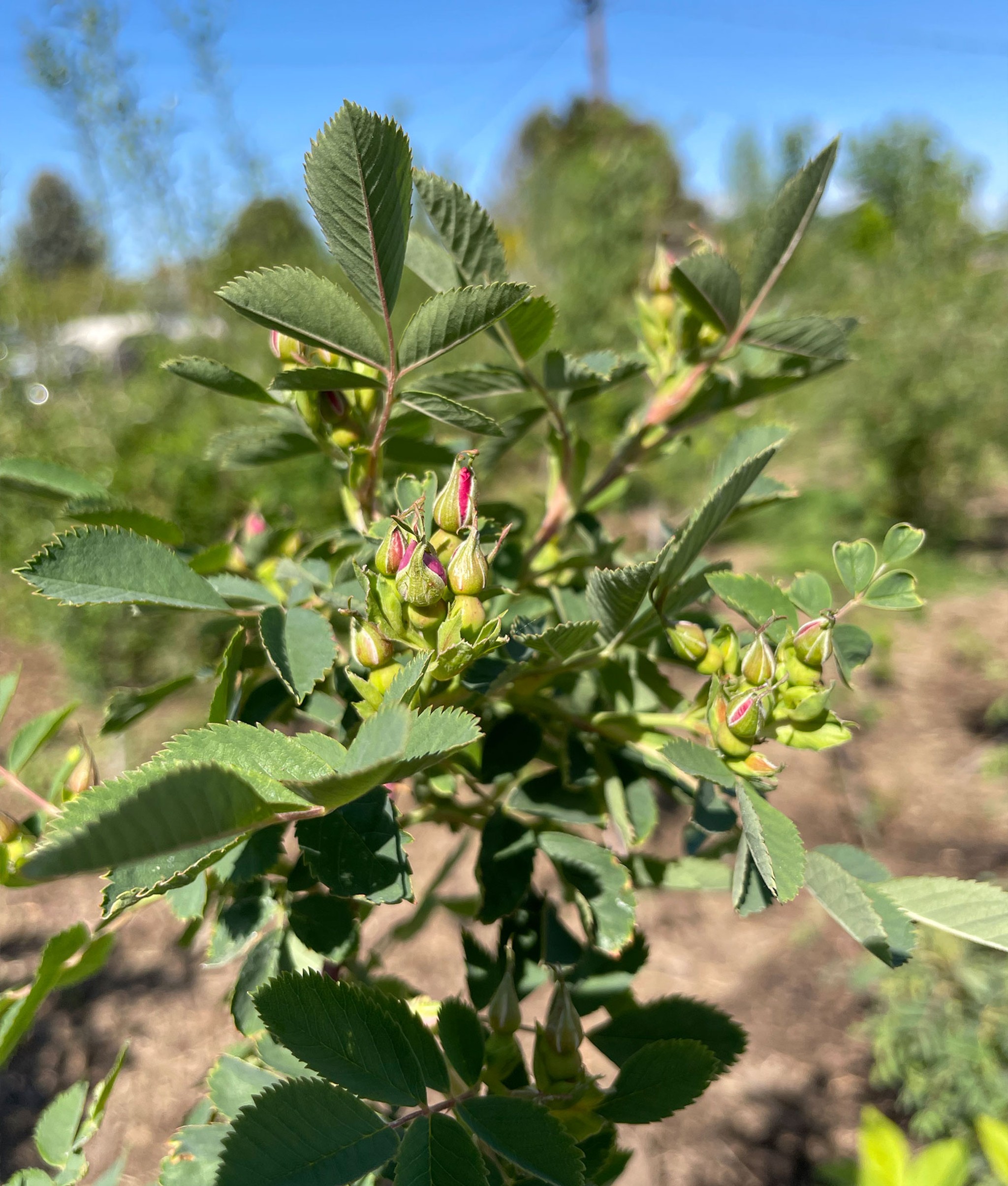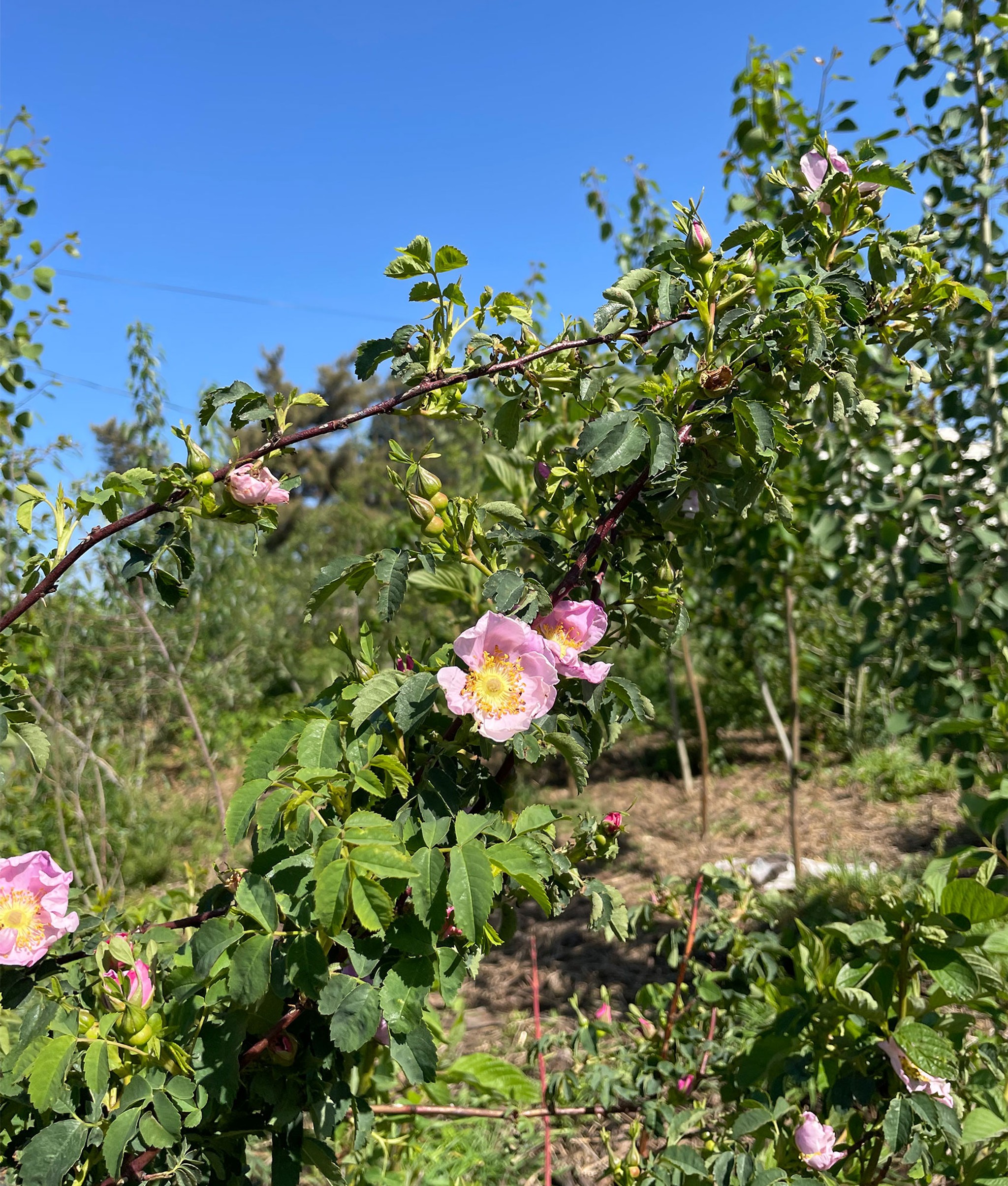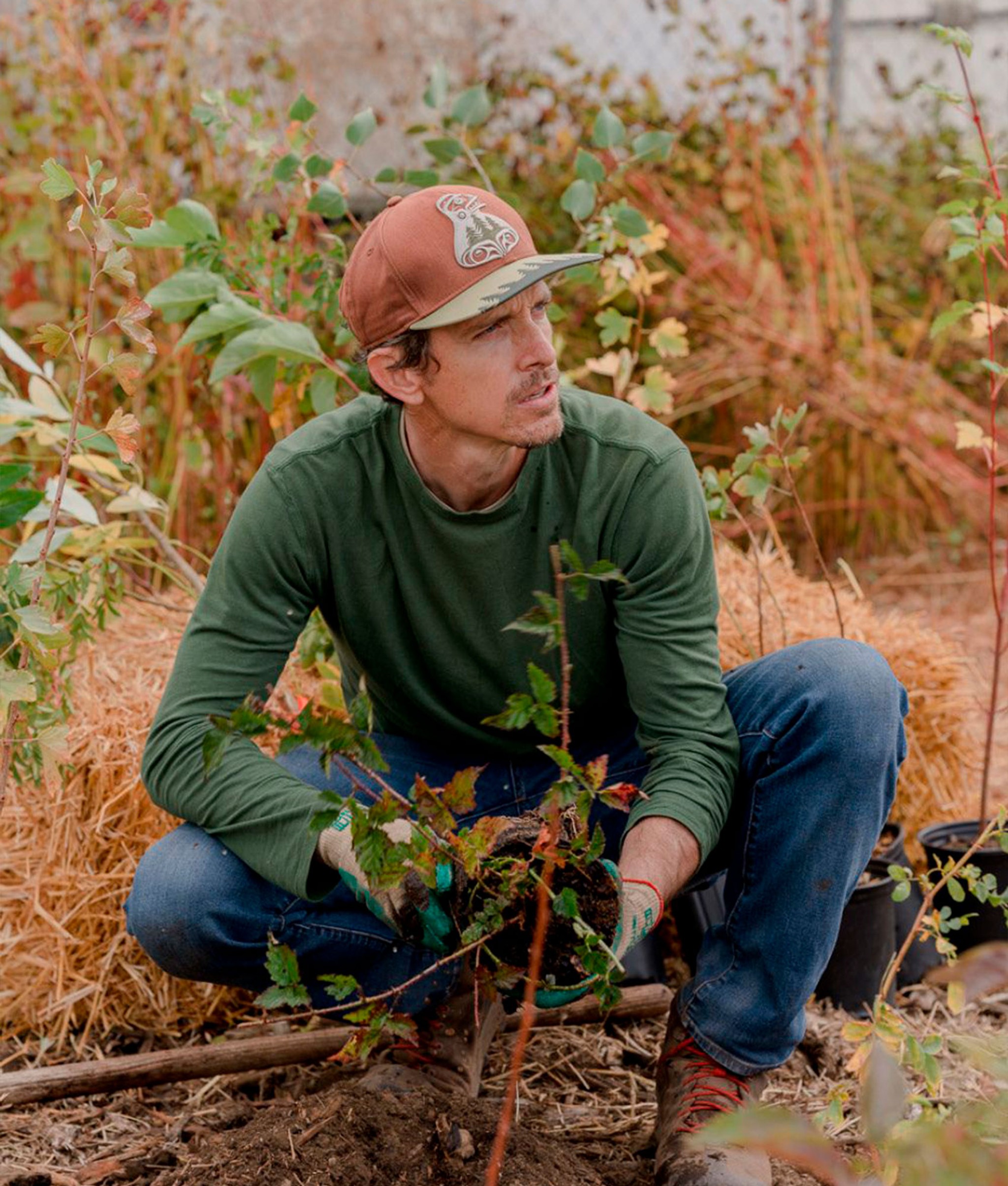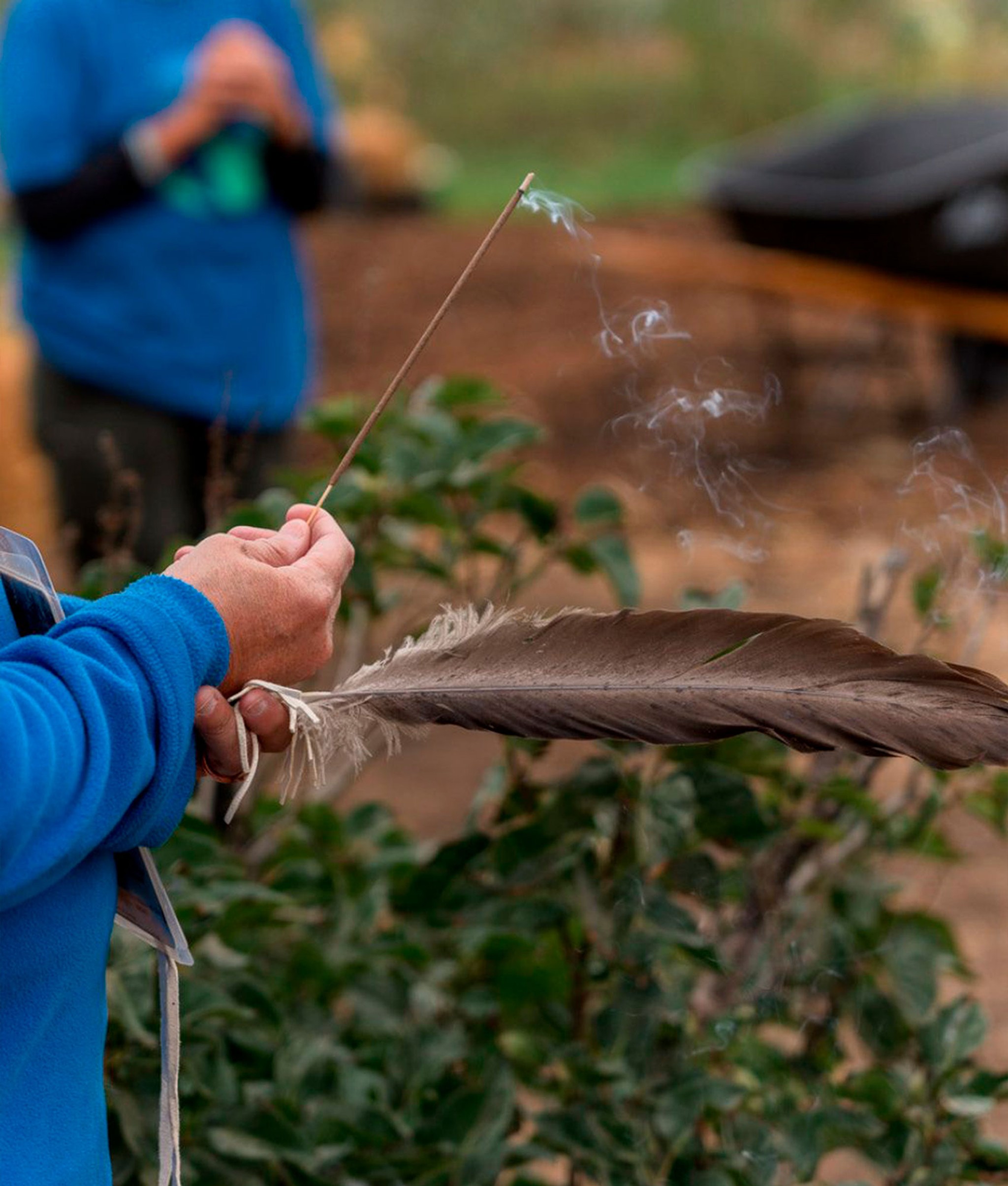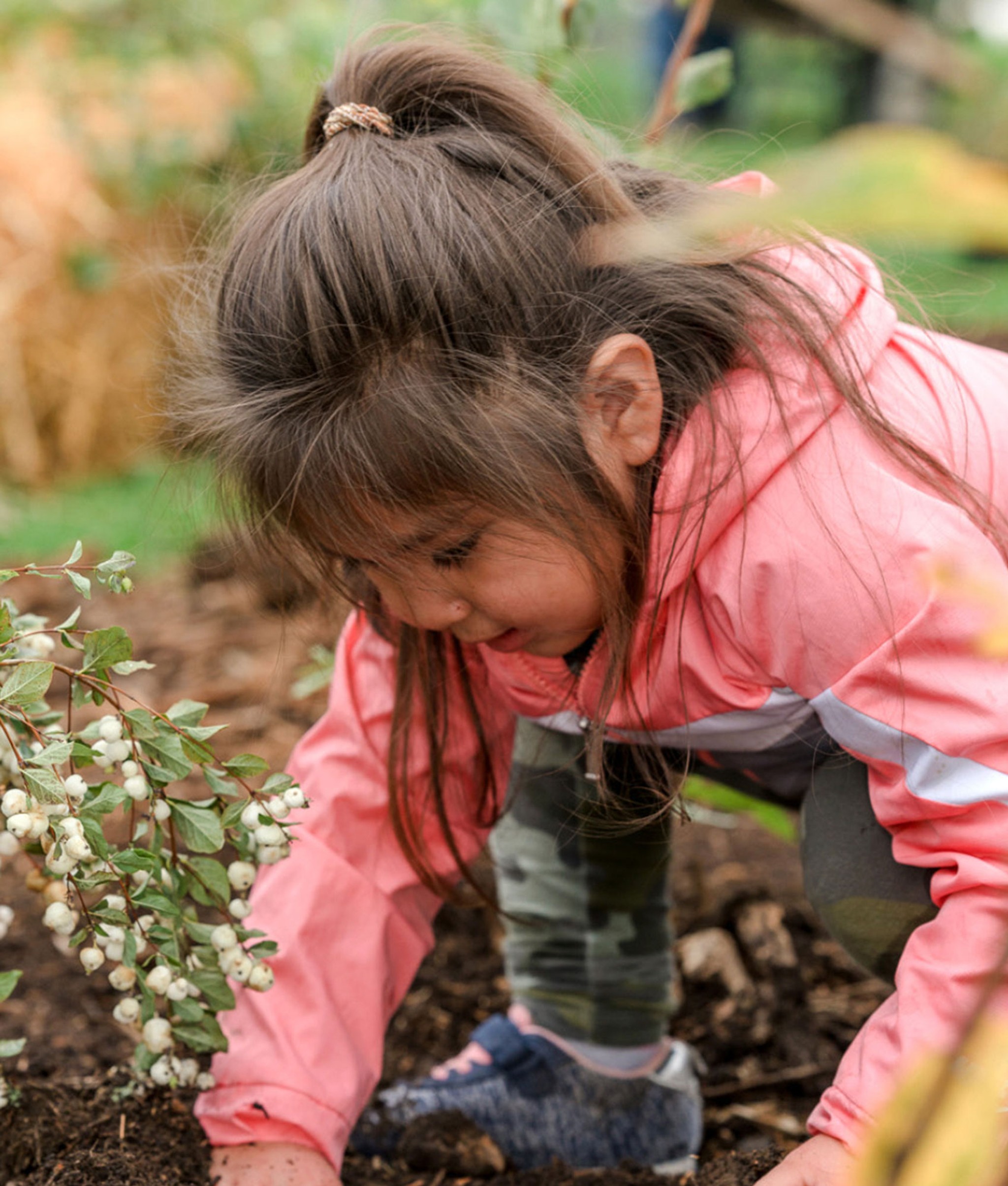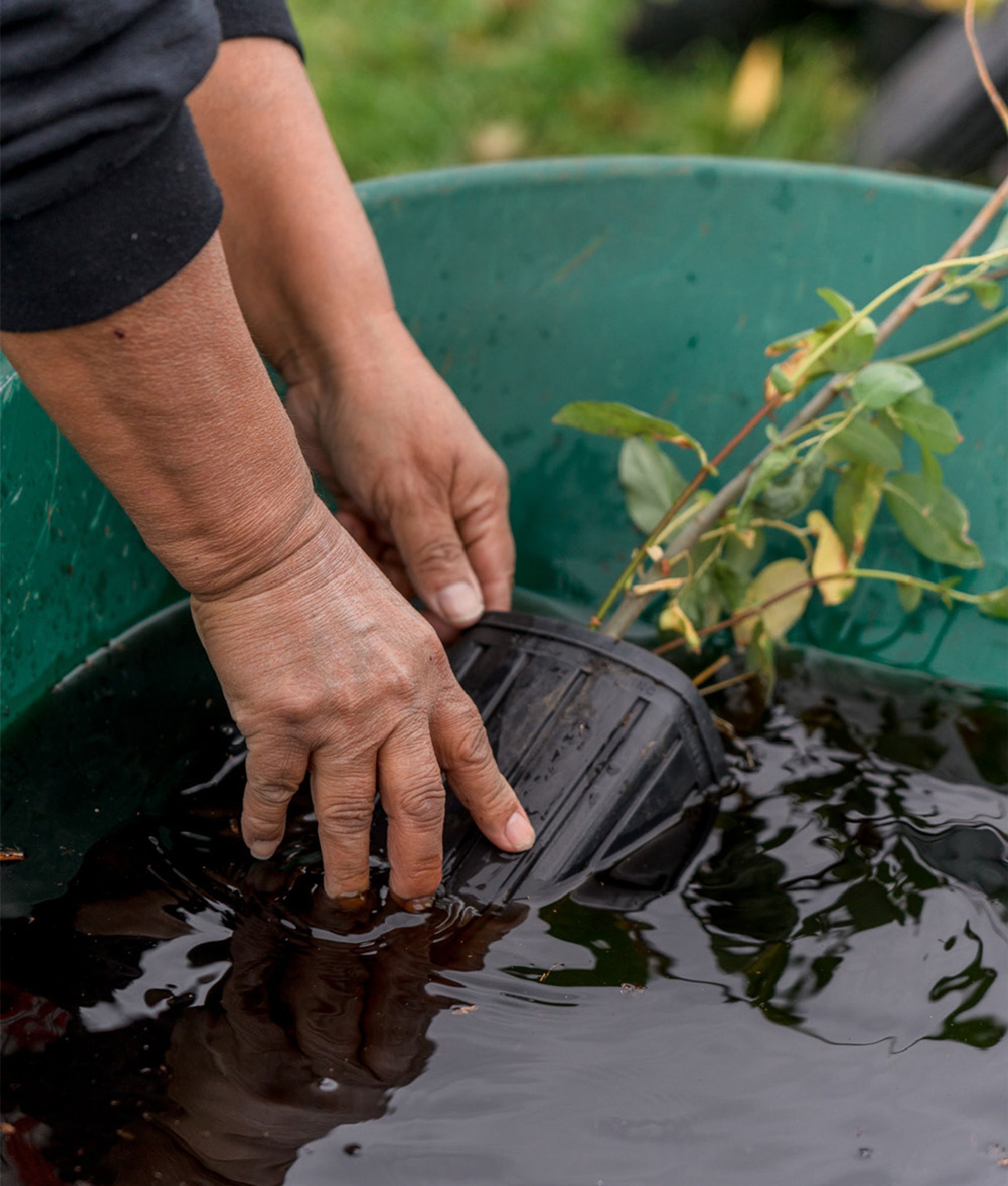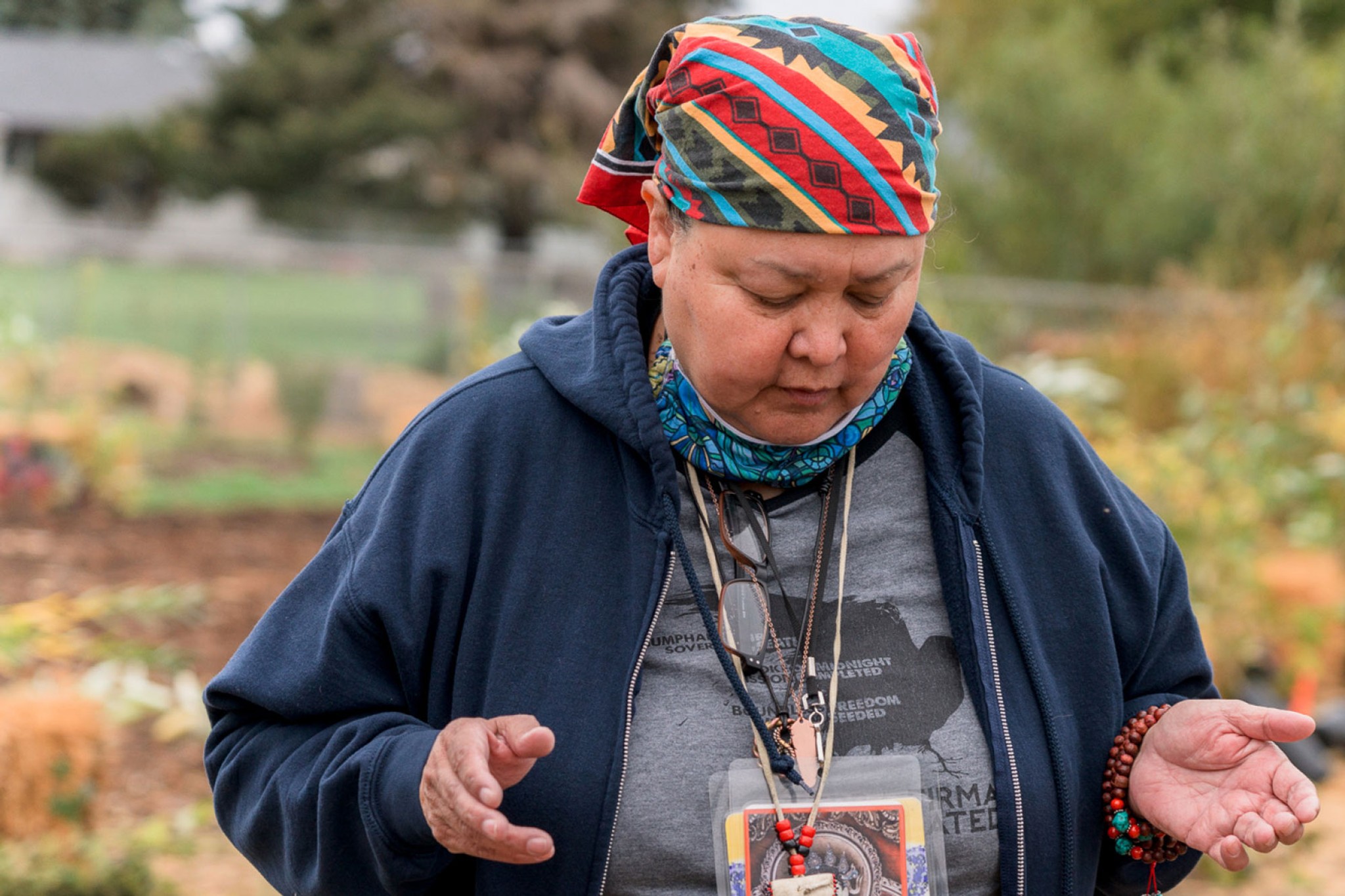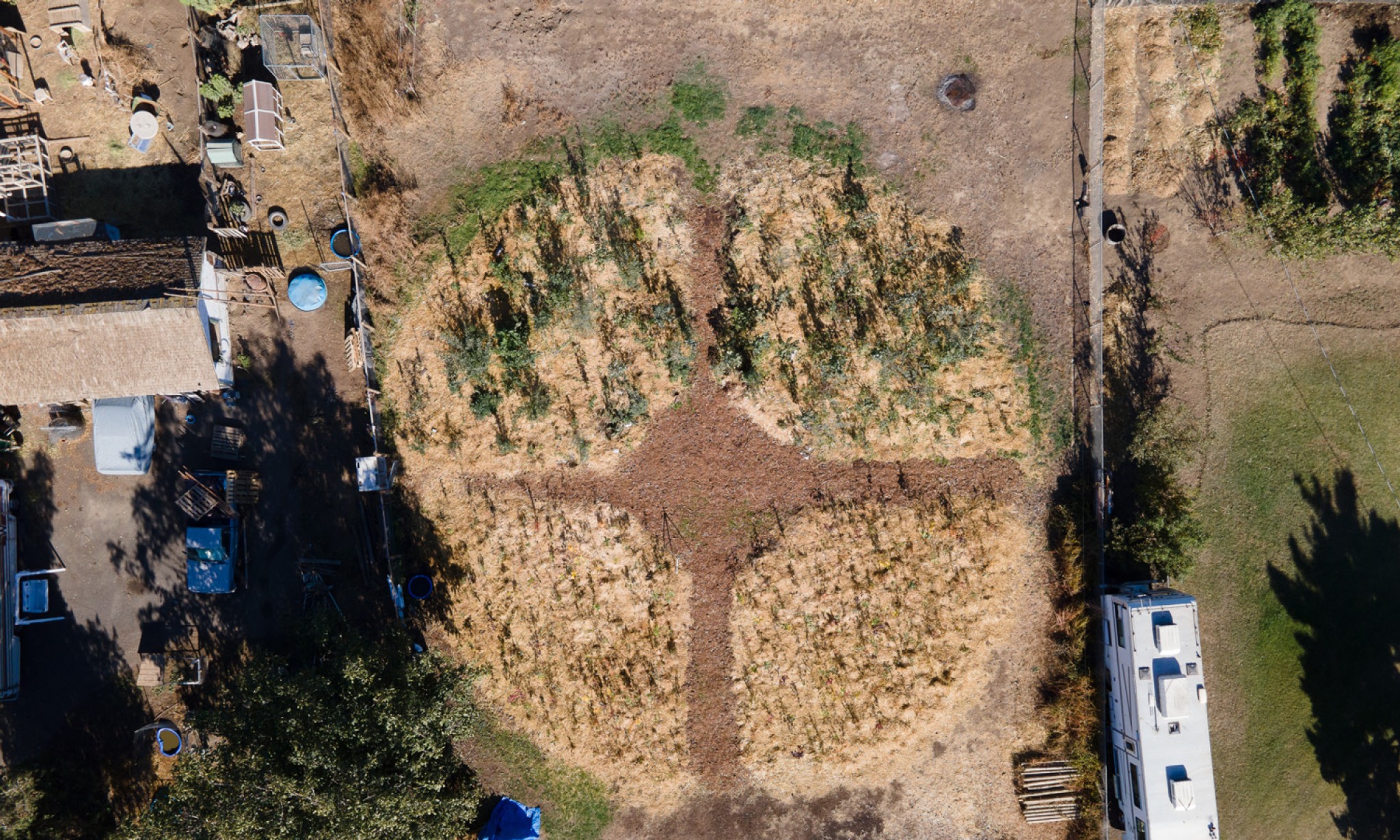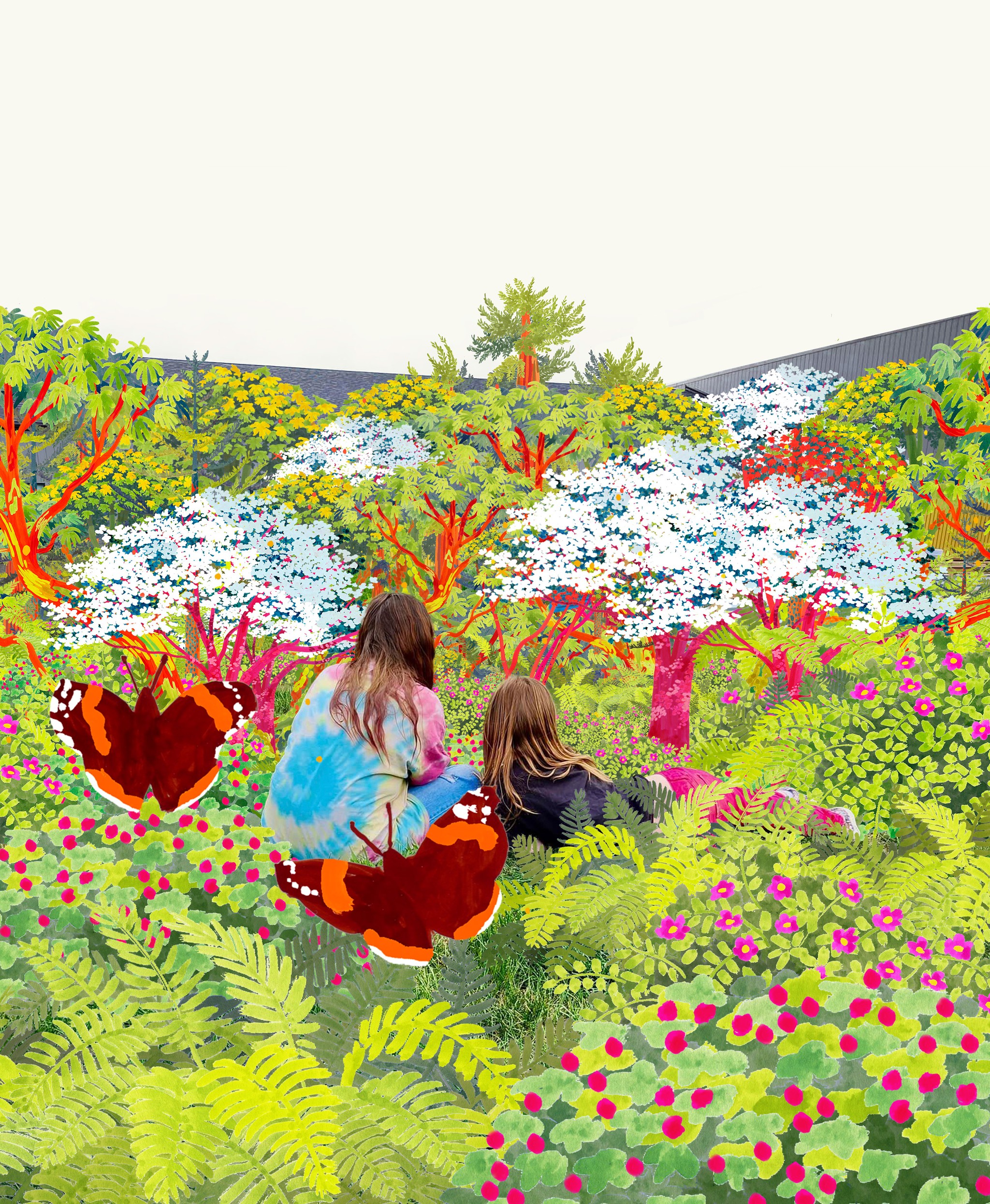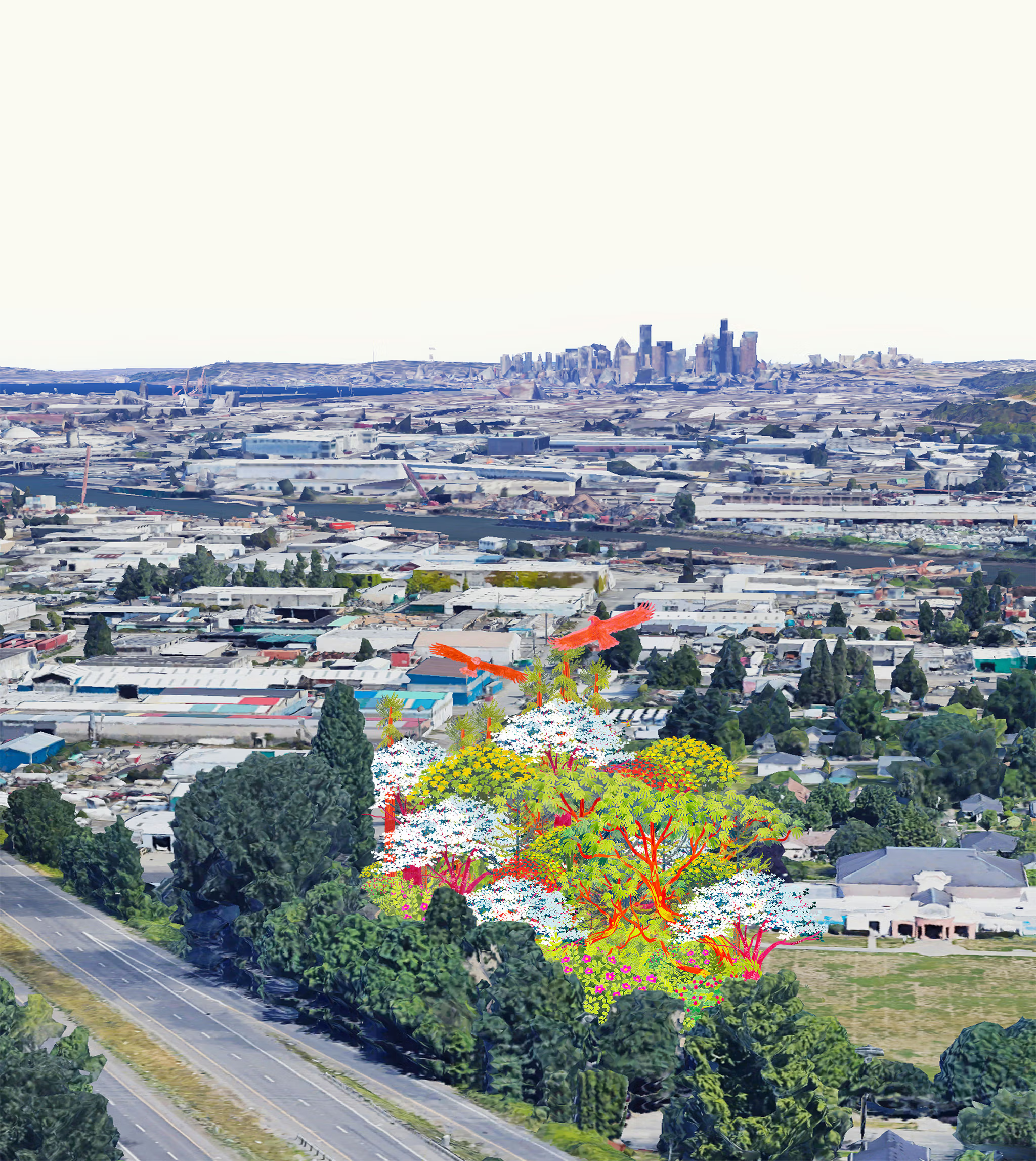TU’PAXIN
An inspirational & educational forest.
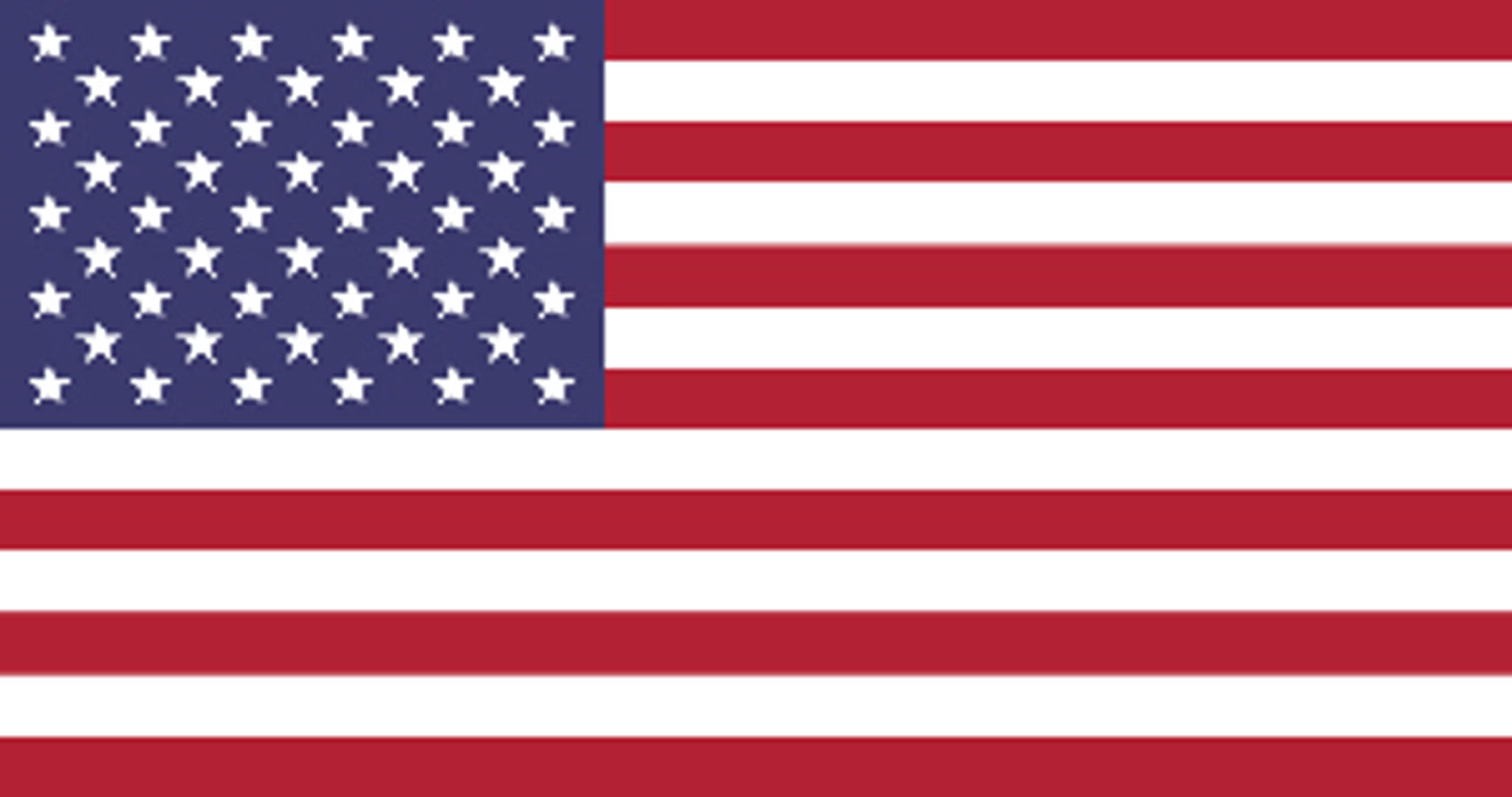
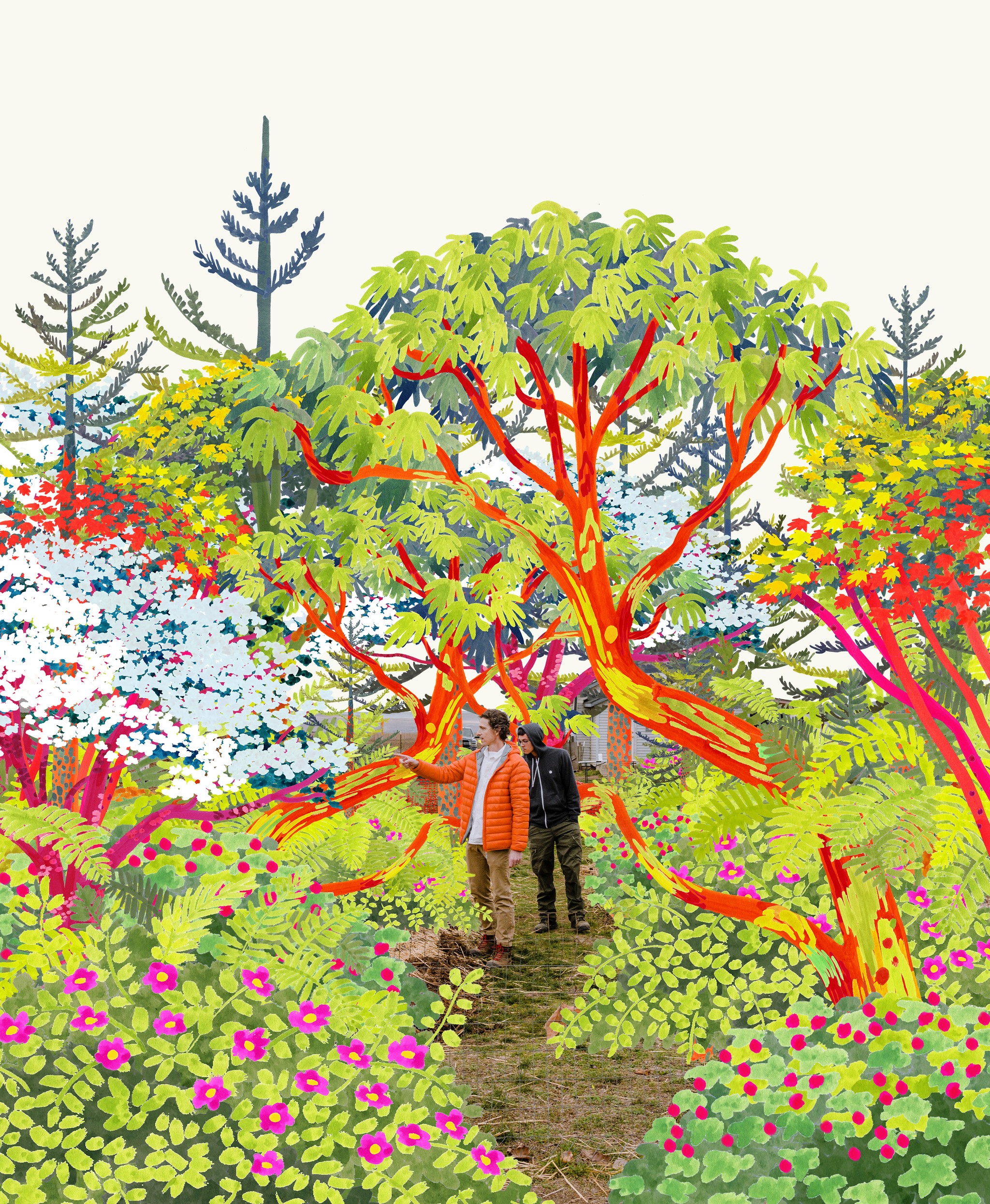
0
Trees
0
Square Feet
0
Native Species
Self sustaining pocket forest
Tu'Paxin, planted in November 2019, has evolved into a unique, self-sustaining forest, now teeming with wildlife. The forest features trees like black cottonwood (Populus trichocarpa), aspen (Populus tremuloides), and various willow species (Salix spp.).
It offers natural food sources such as elderberries, rose hips, and currants, fostering the local biodiversity. The forest is home to a variety of bird species, including red-tailed hawks, lark sparrows, and young black-crowned night herons, which visit to raise their young before migrating south. Domestic ducks also inhabit the forest, helping to control pests while their manure enriches the soil, contributing to the forest’s overall health and structure.
Forest Maker
Ethan Bryson
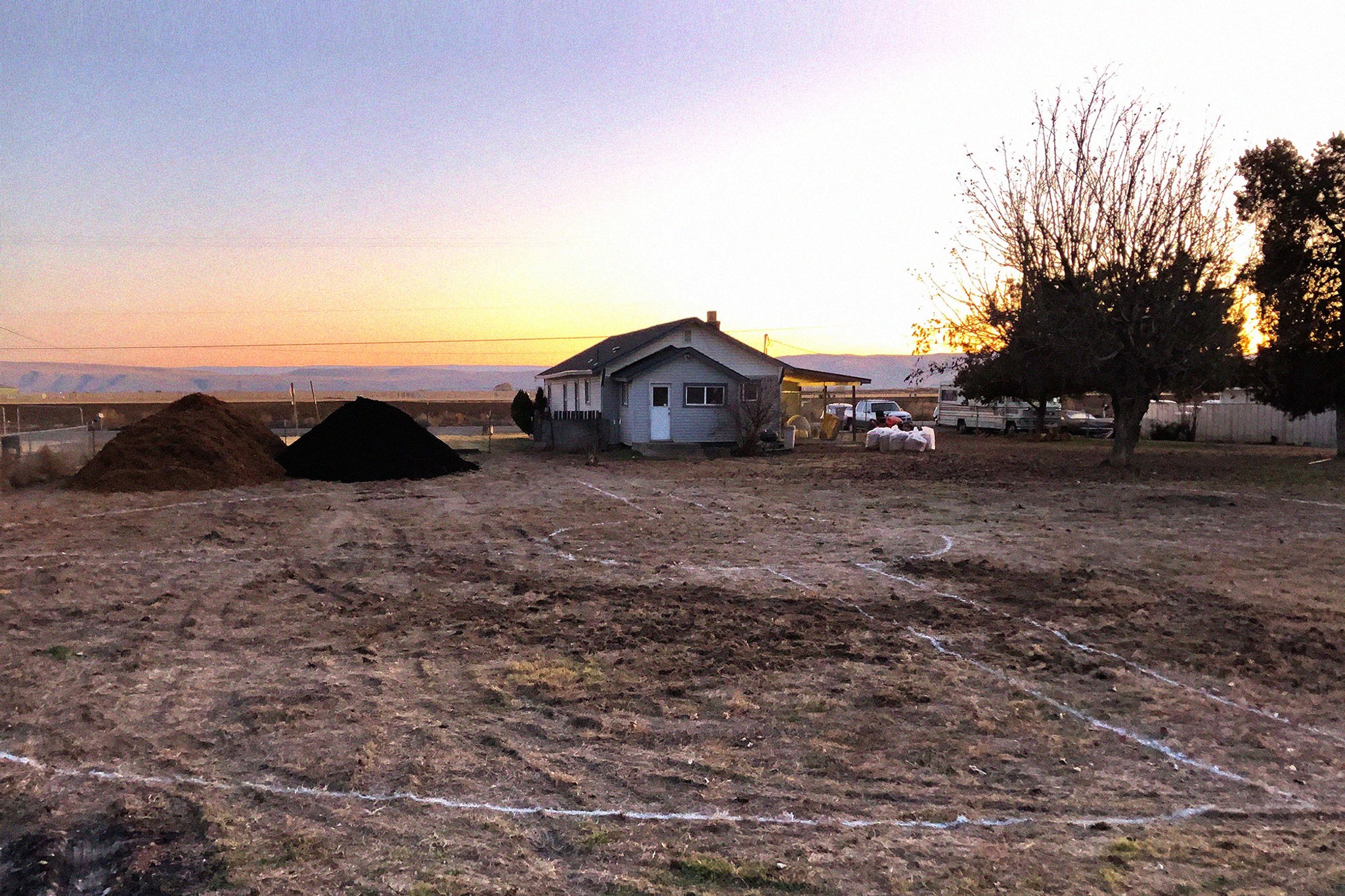
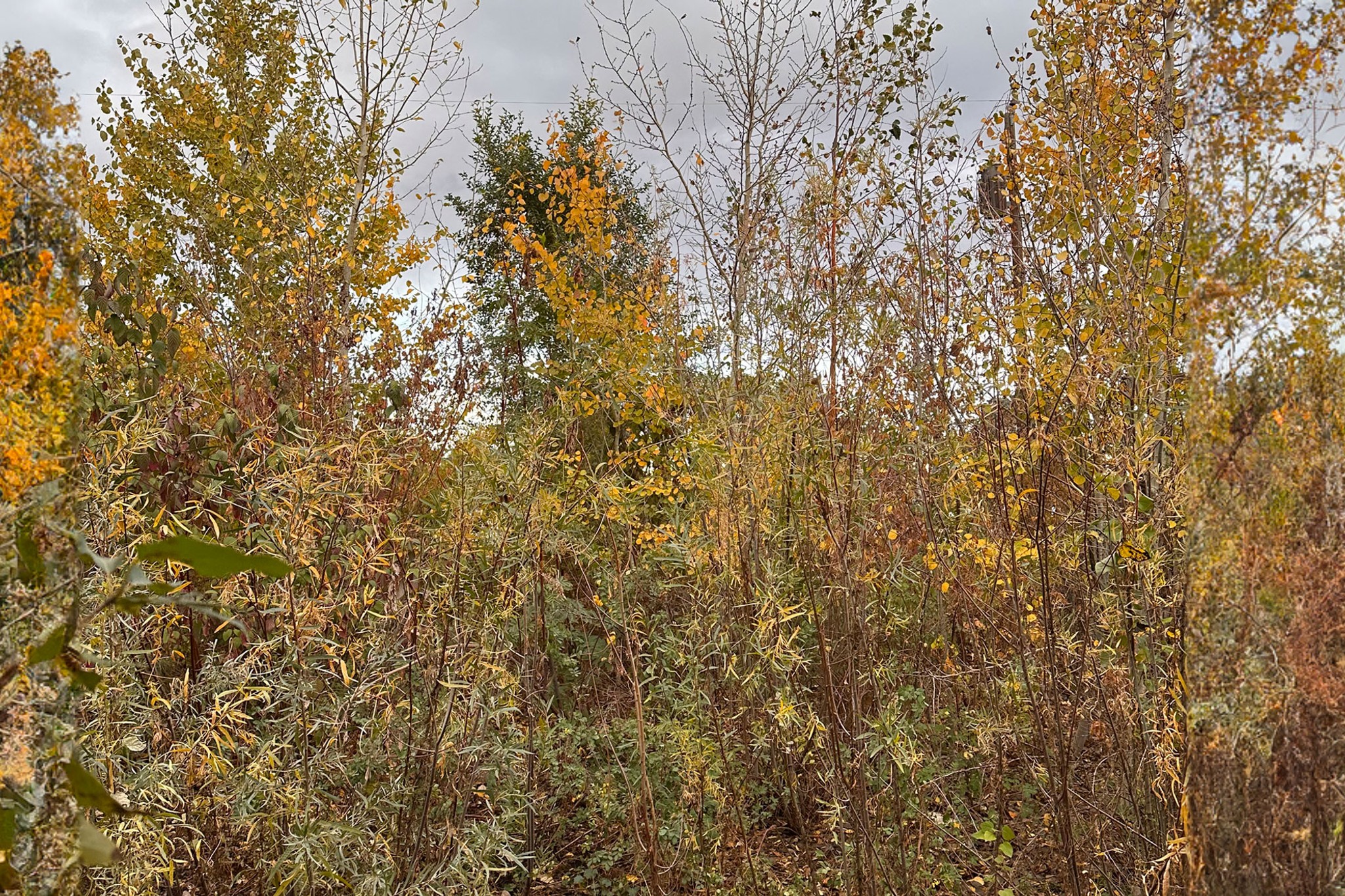
Forest Partner

Ecosystem Restored
Final report: 19.12.2024
After approximately three years our SUGi Pocket Forests become self-sustaining. They no longer require human maintenance or watering, and can be handed over to Nature for biodiversity and complexity to naturally develop.
0%
Survival Rate
0
People living within 300 meters
0
kg of potential CO2 sequestration
Biodiversity
Biodiversity is all the different kinds of life you'll find in one area—the variety of animals, plants, fungi, and even microorganisms like bacteria that make up our natural world. Each of these species and organisms work together in ecosystems, like an intricate web, to maintain balance and support life.
0
Potential number of mammals
0
Potential number of birds
0
Potential number of amphibians
Forest Report: 2022
0 Years
Forest Age
0%
Survival Rate
0m
Average of Tallest 3 Trees
TU’PAXIN’s growth rate for all species has more than doubled. Black cottonwood (Populus trichocarpa), aspen (Populus tremuloides) and most willow species (including Salix exigua, Salix prolixa, Salix amygdaloides and Salix scouleriana) grew at exceptional pace this year. The tallest trees are black cottonwood, now at over 12m. Tree girth doubled for most cottonwood, aspen and willow too.
Watering was reduced to once per week during summer months and weeding has also become unnecessary on the forest interior. Many of the shrubs such as wild rose (Rosa nutkana) have taken over the pathways and there are plans to harvest these to create live stake cuttings to propagate new plants.
Food and medicine production has increased, especially with the wild roses.
Domestic chickens and ducks now inhabit this pocket forest keeping the pest levels low and integrating their manure into the forest soil structure. Though, with too many domesticated animals we will need to keep up with adding fungal foods to maintain a healthy soil balance.
Biodiversity Notes:
“Creating a forest is not done alone. We’re grateful to the Yakama community.“
Forest Report: 2021
0 Years
Forest Age
0%
Survival Rate
0m
Tallest Tree
Average tree height is 370cm with 640cm denoting growth of one of the Aspen trees (Populus sp.). Average girth of trees is 6cm, with a recorded maximum girth of 16cm.
Survival rate is strong and an indication of success is the reduced need to weed in year 2. The canopy layer is dominating and soil biology is becoming a more fungal dominated system. As a result weeds are growing less successfully.
Another positive indicator is the merging of different sections of the forest and the observed migration of tree species. Wild Rose (Rosa nutkana) and Scouler Willow (Salix scouleriana) have been observed trying to migrate into the central circular area of the forest with shoots appearing.
There is an example of a Wild Rose directly next to an Aspen tree despite being initially planted 18 inches apart. There is a real symbiosis developing between species within the forest. We look forward to this Pocket Forest growing beyond its original site and species continue to migrate in years to come.
Biodiversity Notes:
“I have had great luck in the Tu’paxin Forest with elderberries, currants, rose bushes, pine trees for medicine.I saw quite a few colors in my forest this year, with the rose hips, berries, and of course the greenery.I call my forest a medicine forest and I will have some gatherers and possibly a medicine person come and view what I have and may be overlooking. I also have a lot of birds coming to my home and one hawk decided my forest was a good place for his final resting.”
— Debra Byrd, AKA Tu’paxin
Forest Report: 2020
0 Months
Forest Age
Planting: December 2019
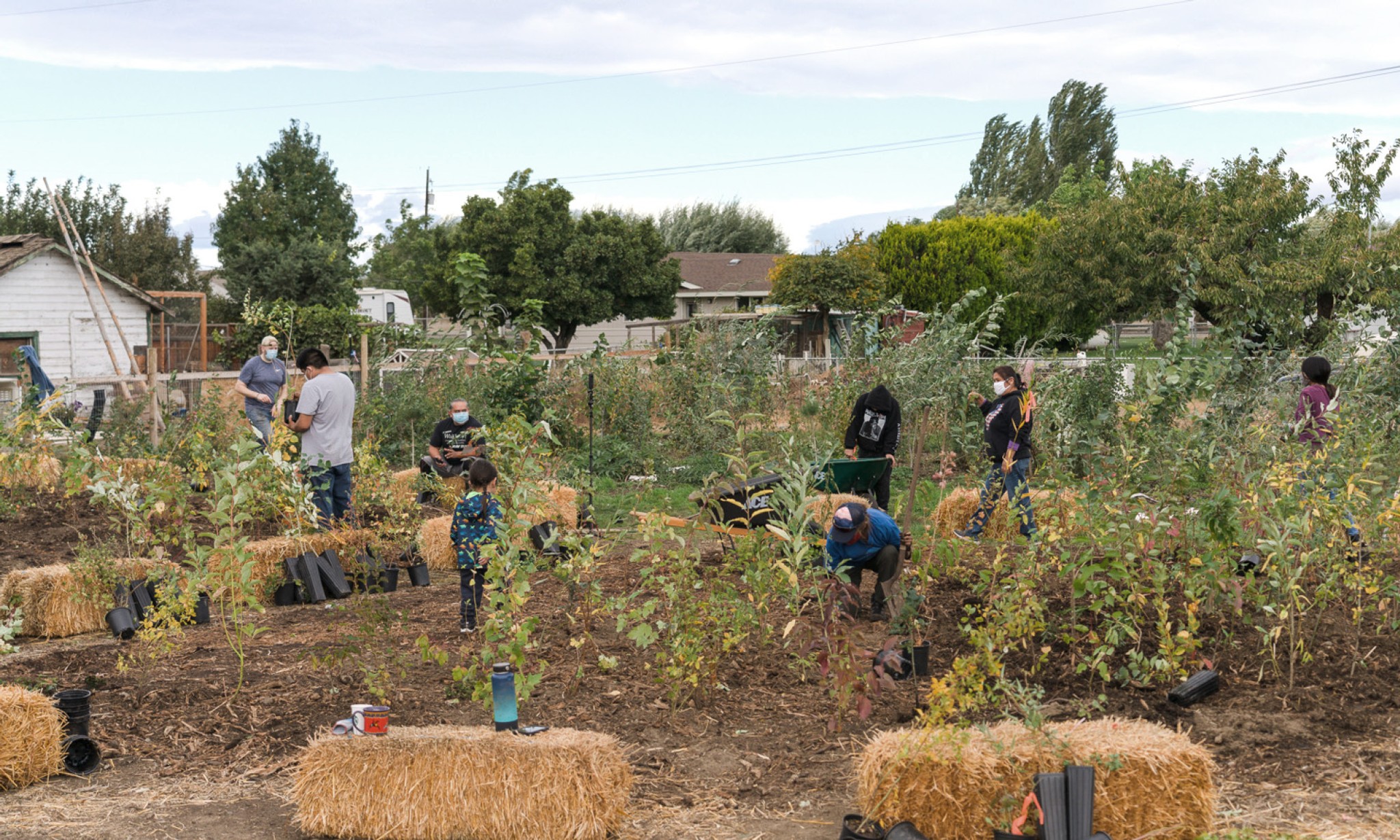
Yakama Nation
The Yakama Nation is located in the central part of Washington State. The Nation is approximately 1.2 million acres. Of the 573 Federally recognized Tribes in the United States, they are one of the only Tribes to have the majority of the Nation closed off to the public.
The forested area is located within the Cascade mountain range.
